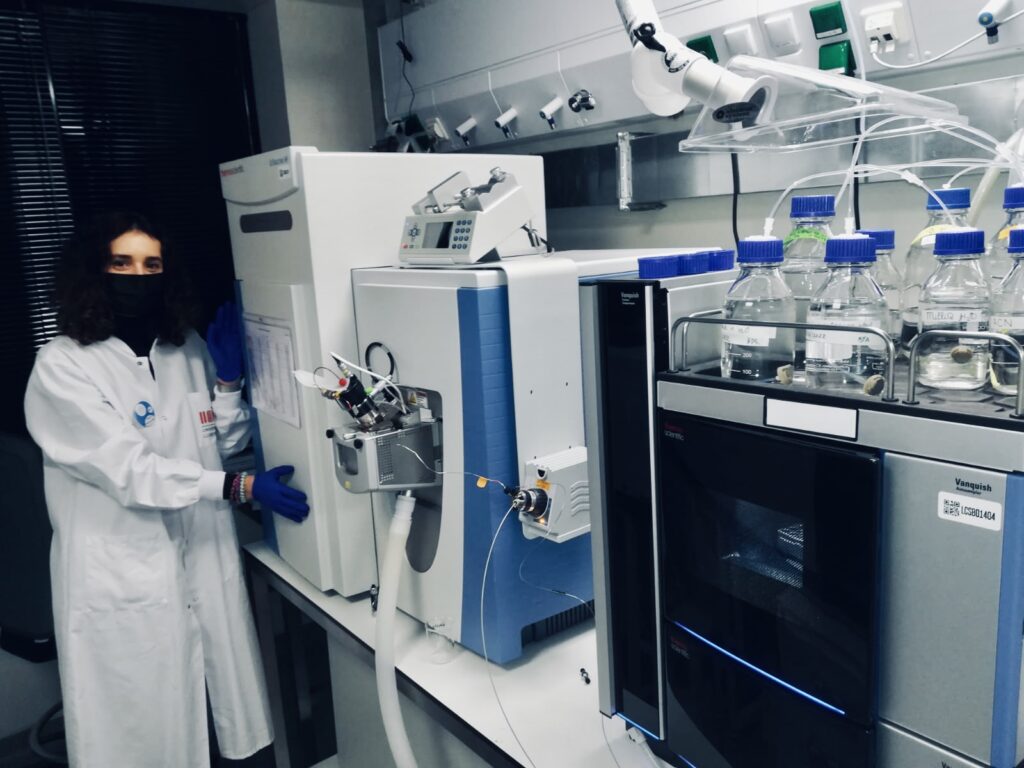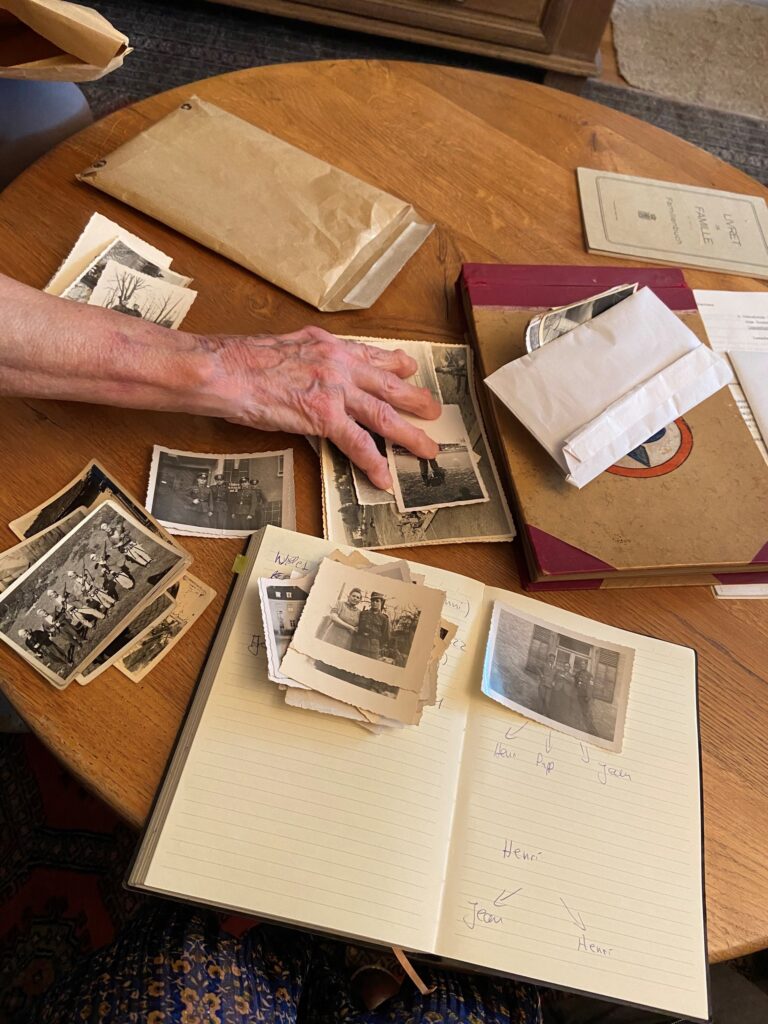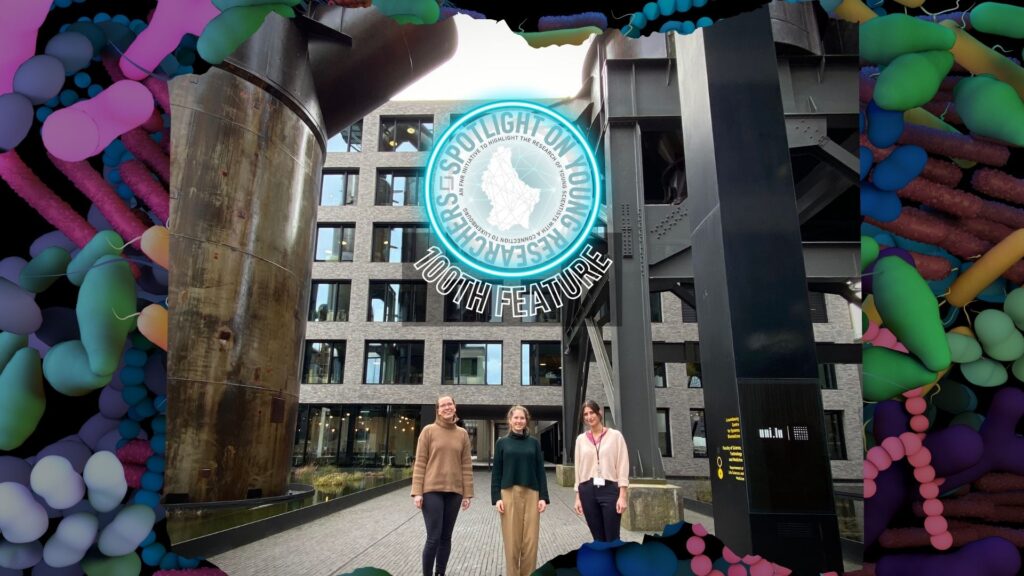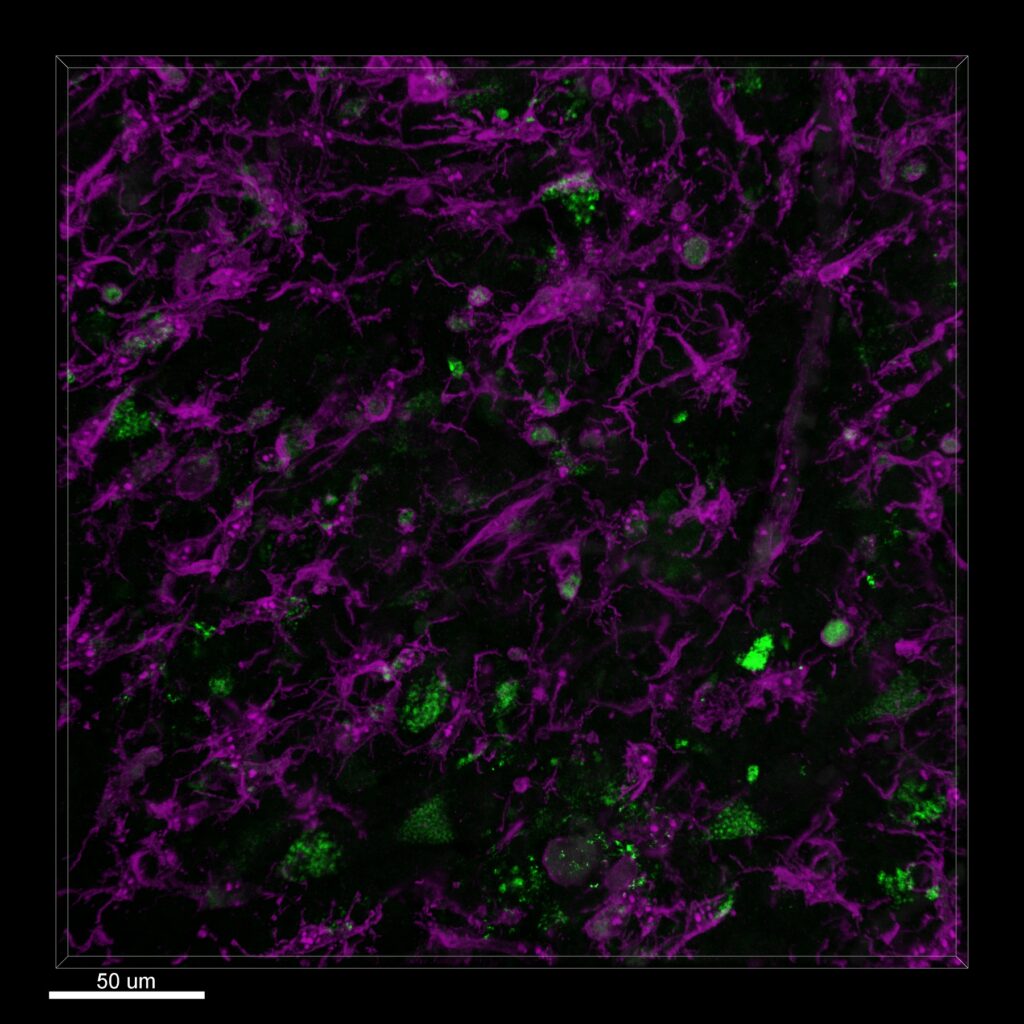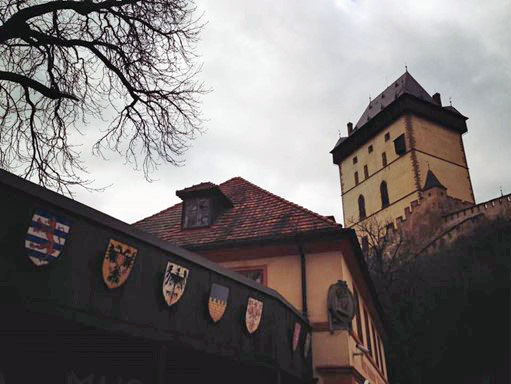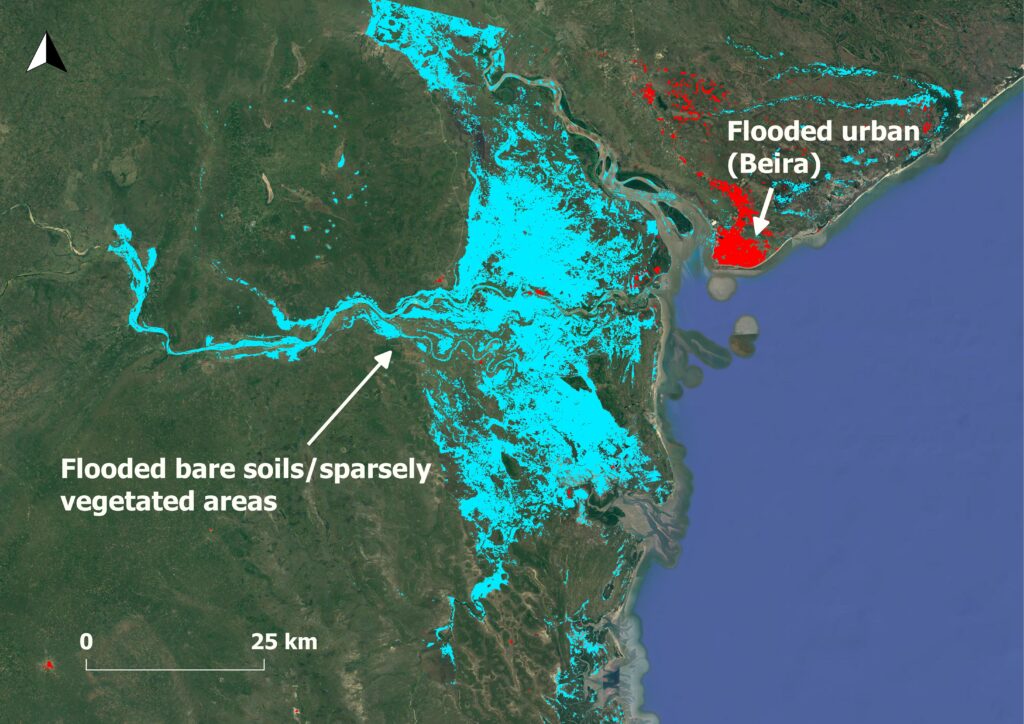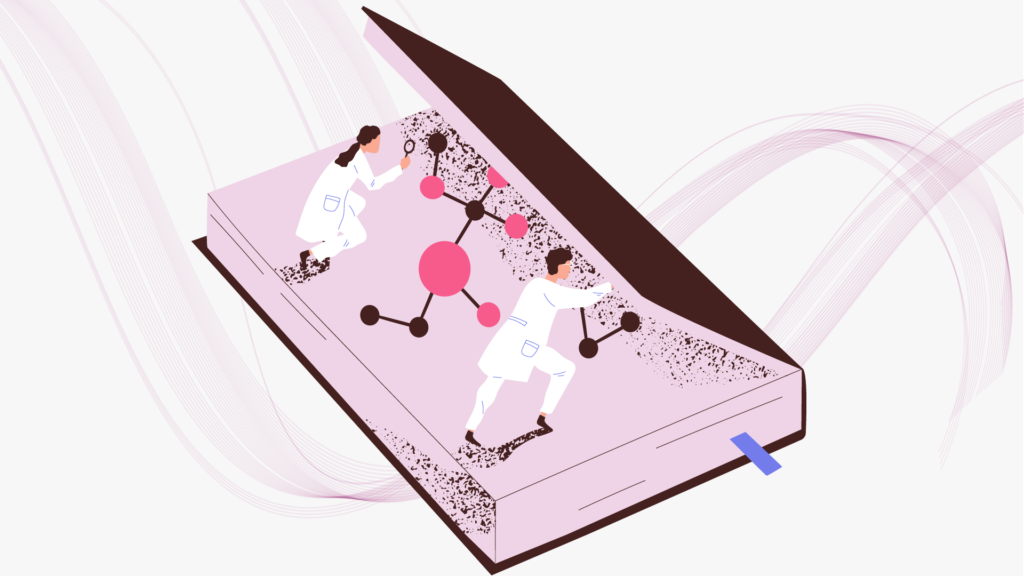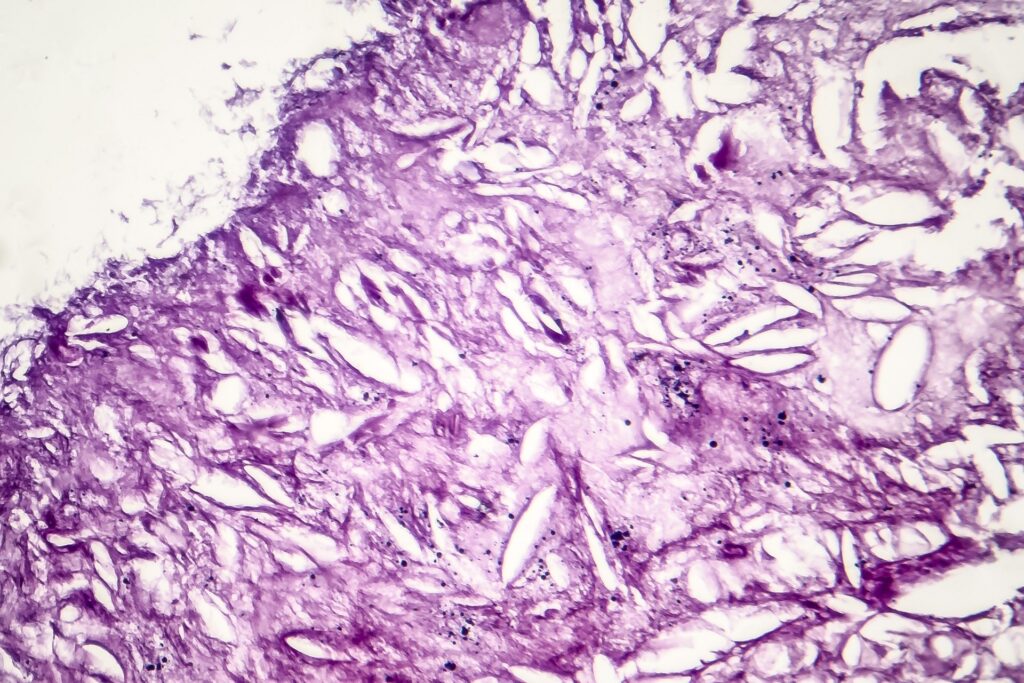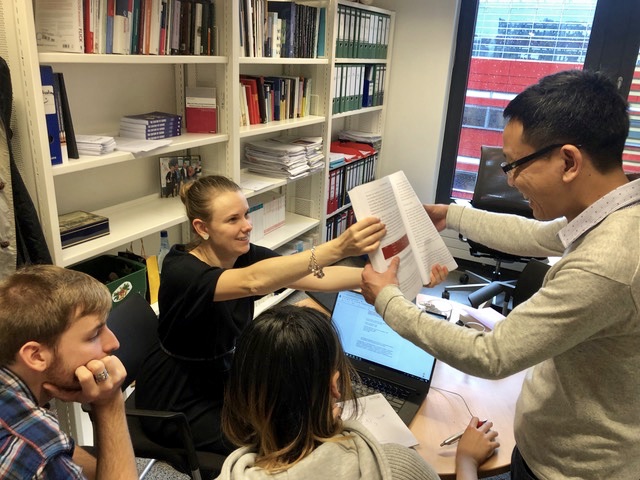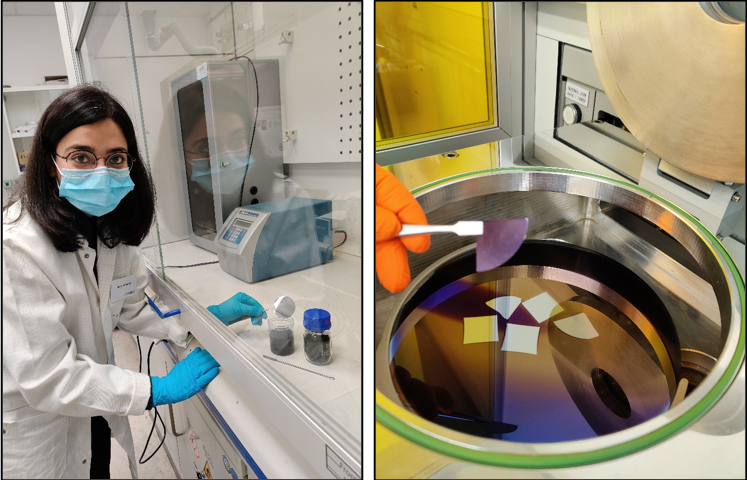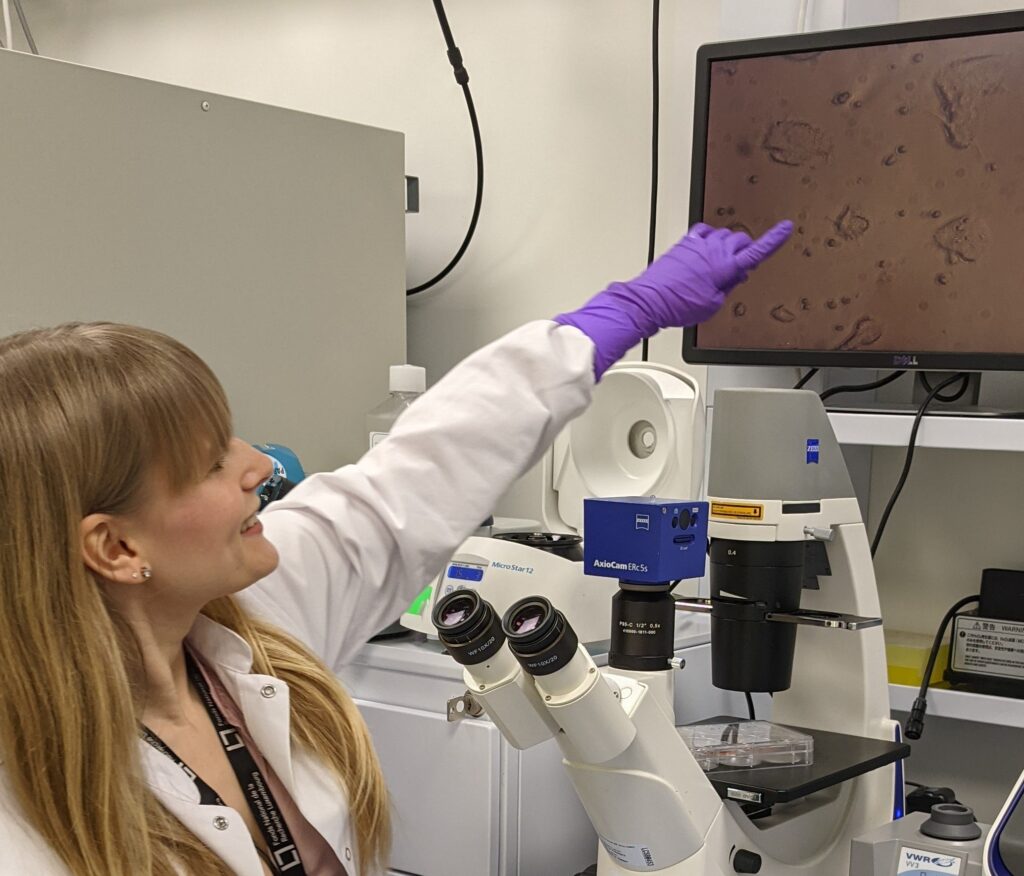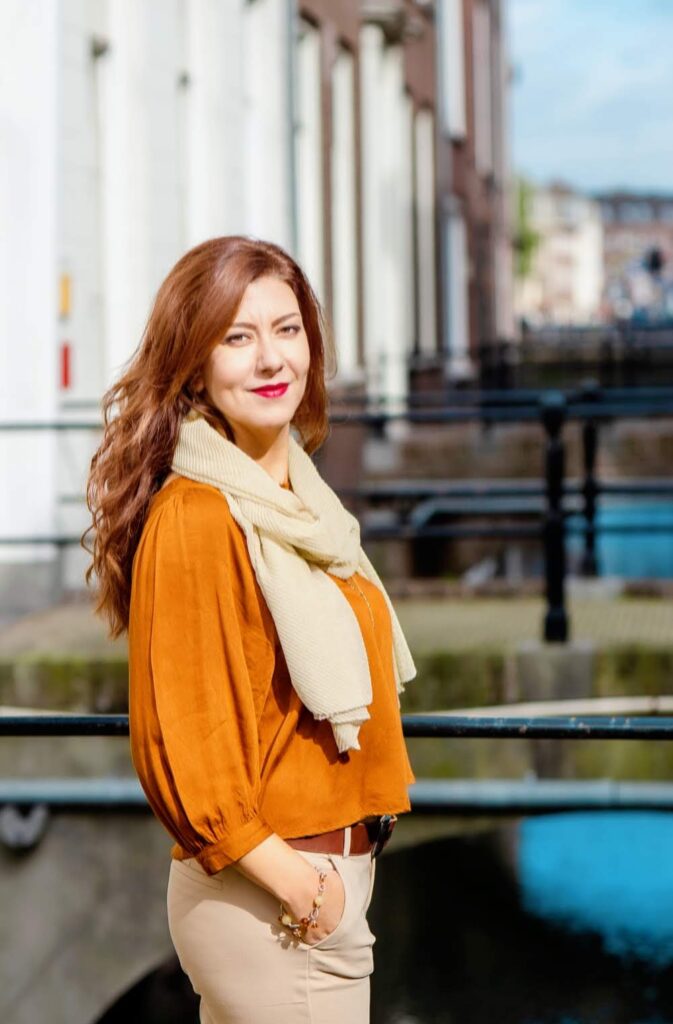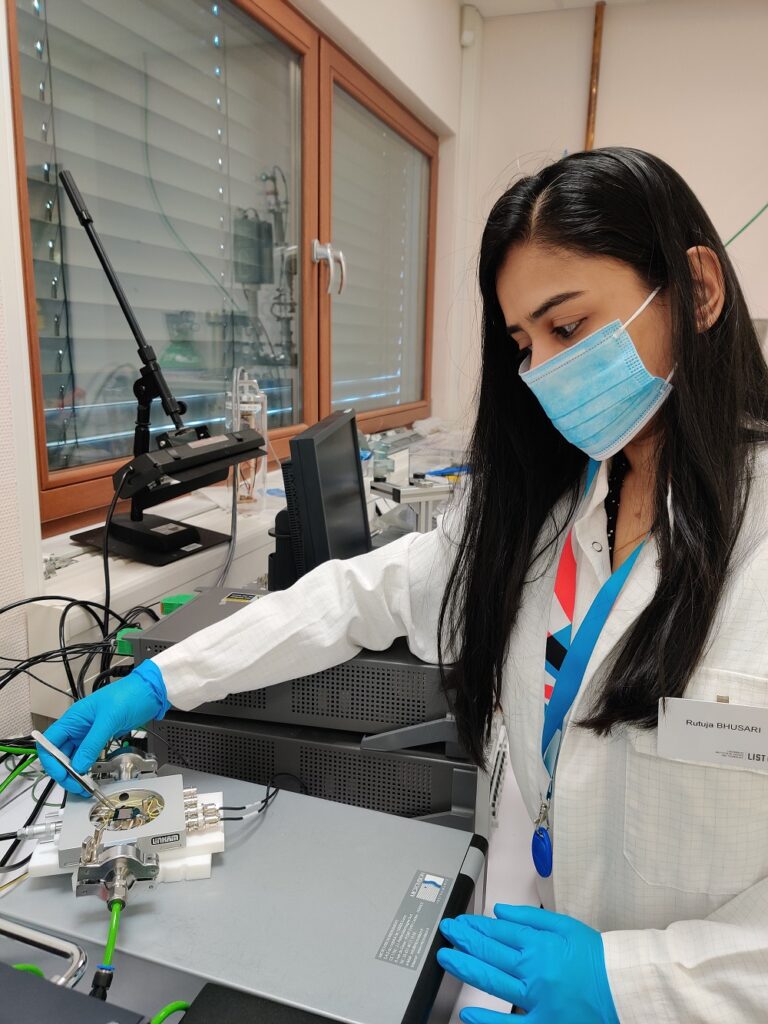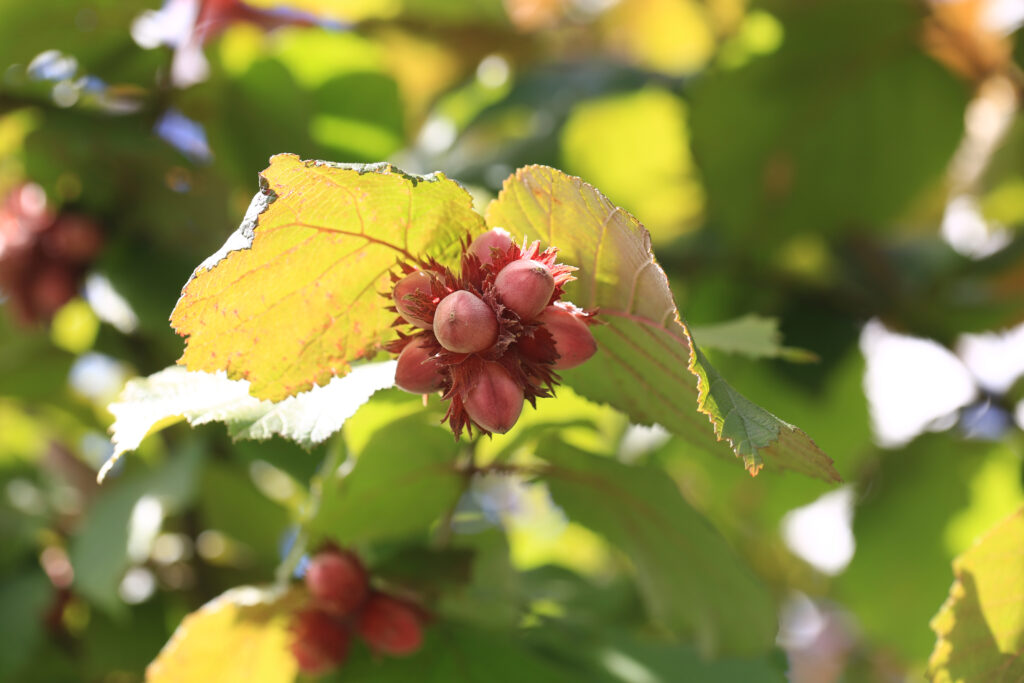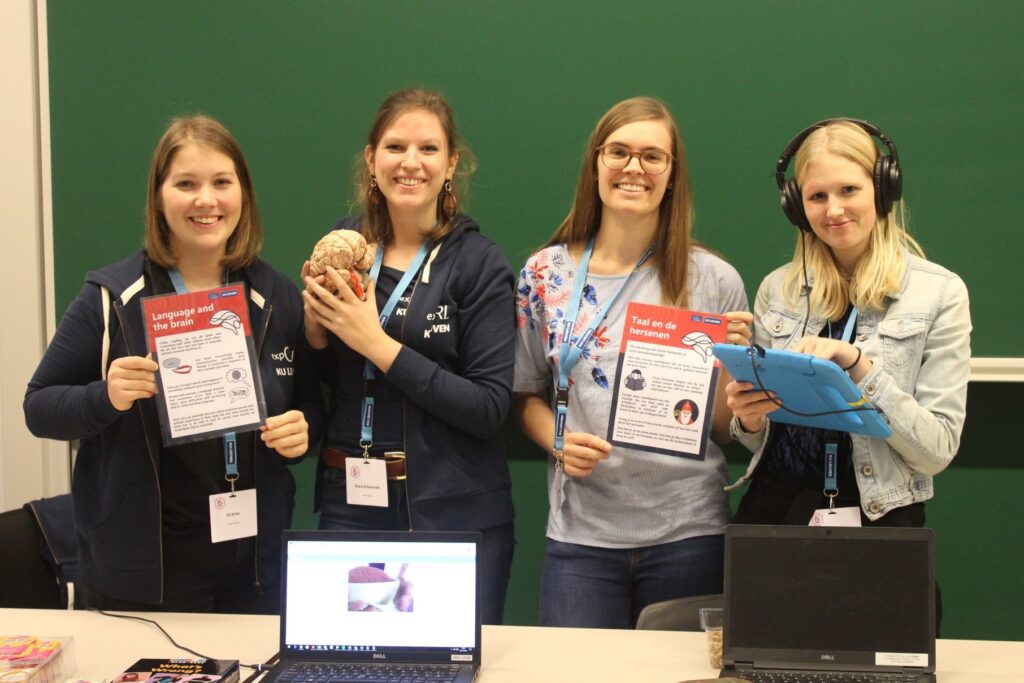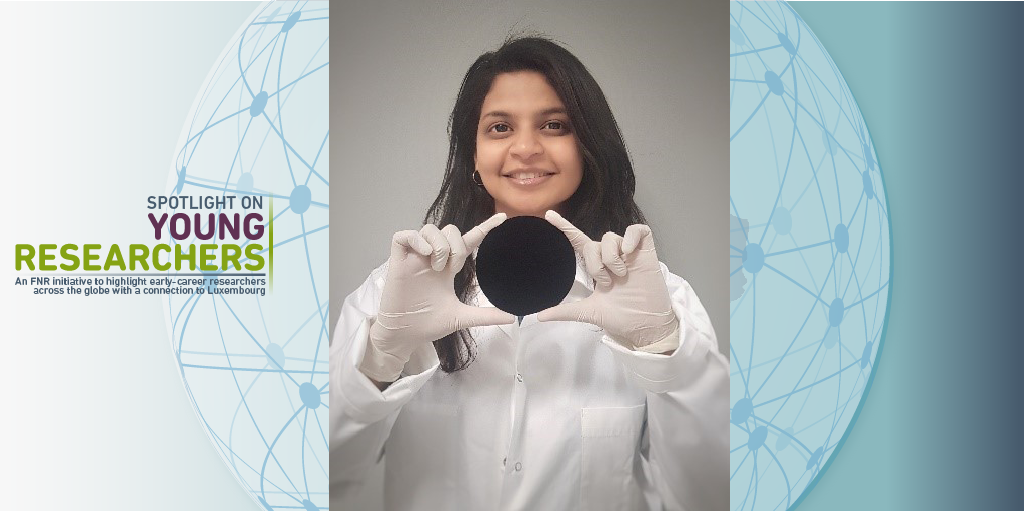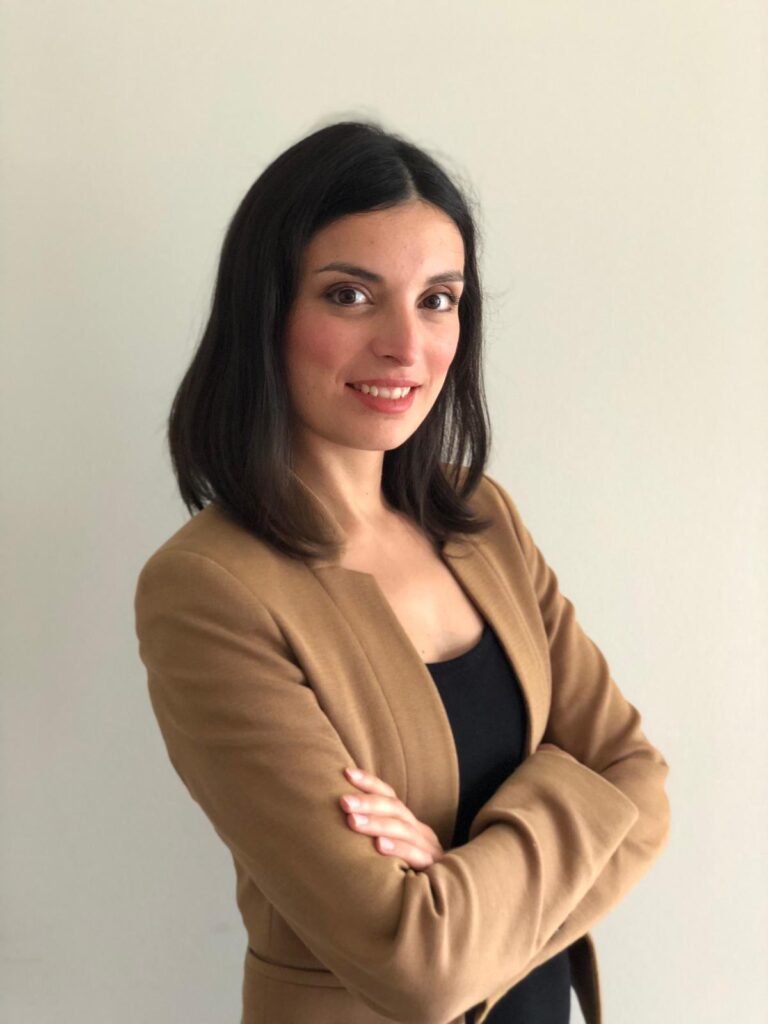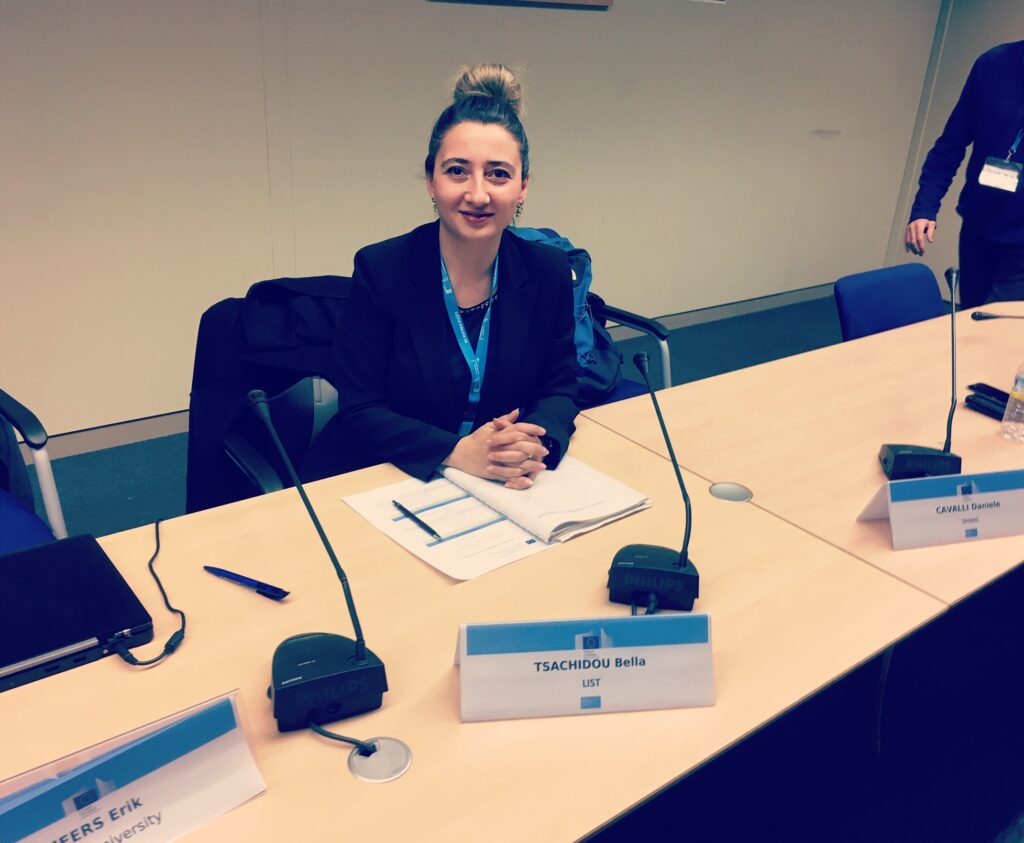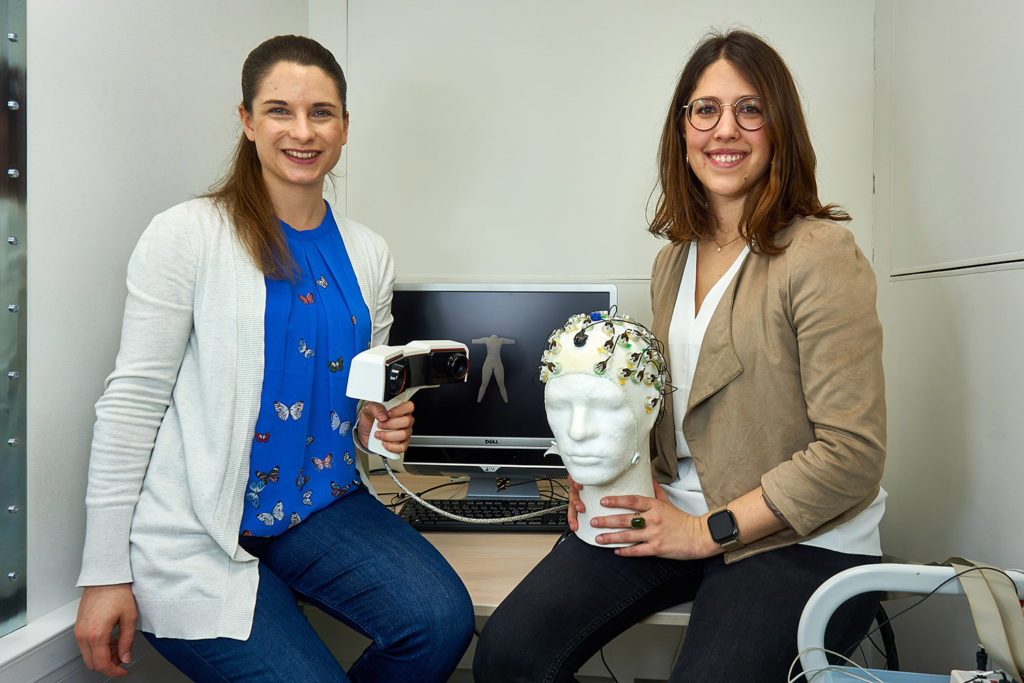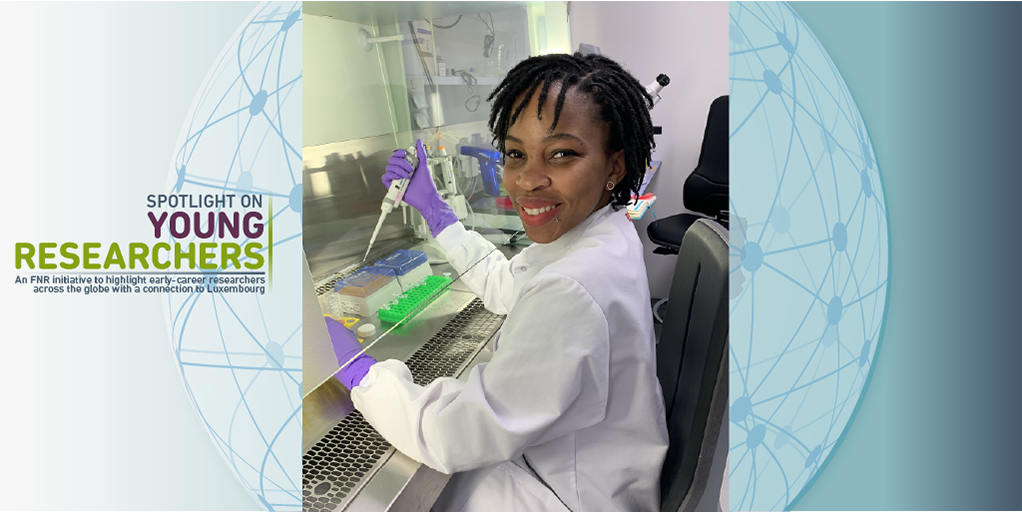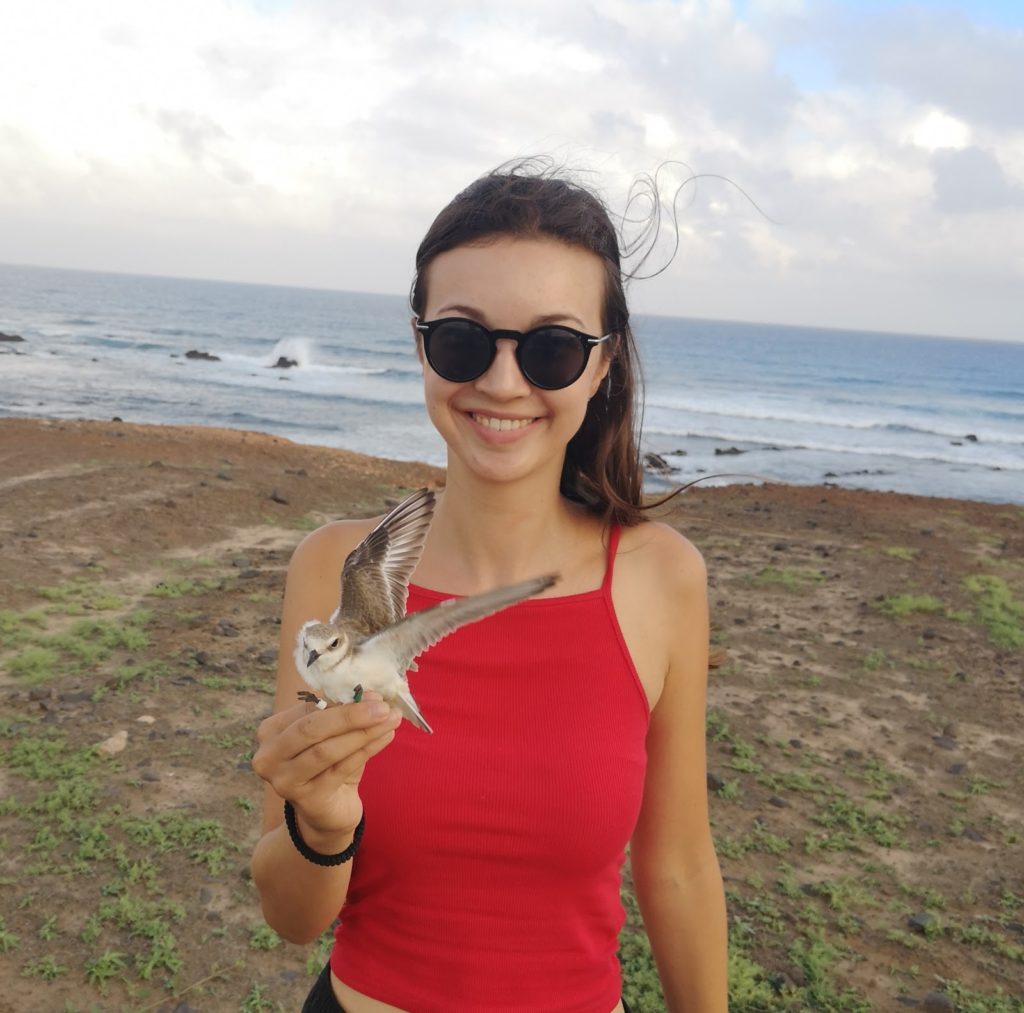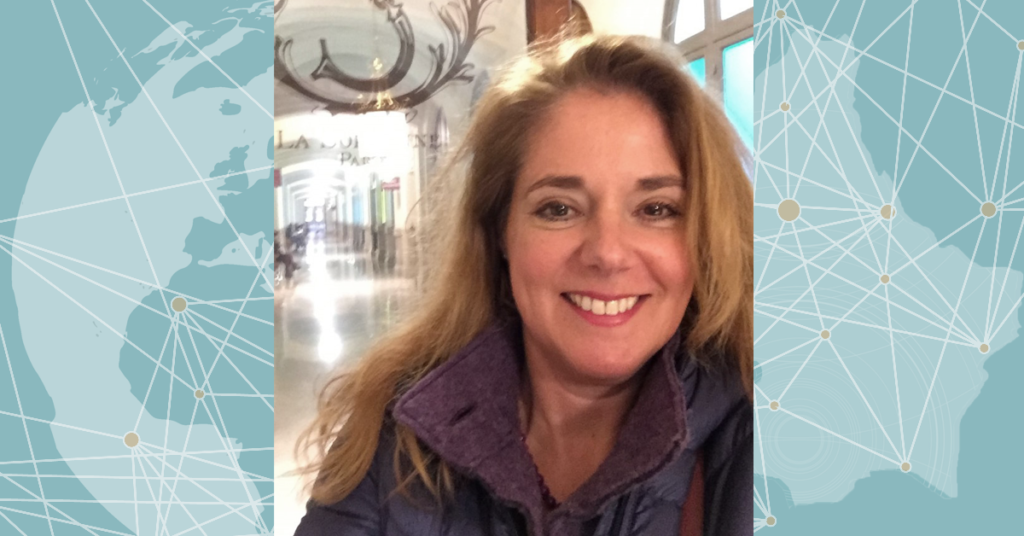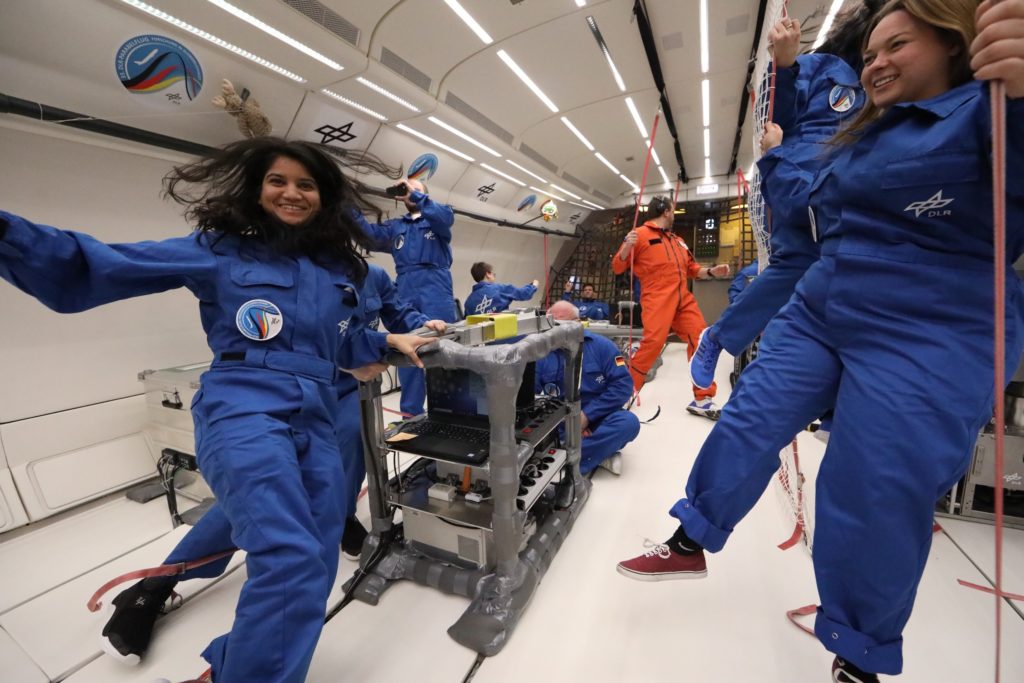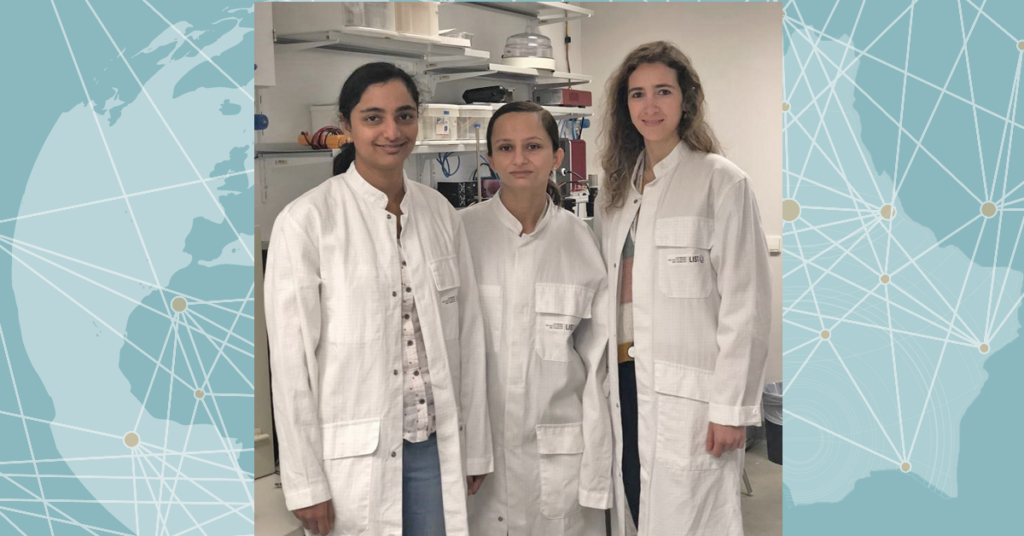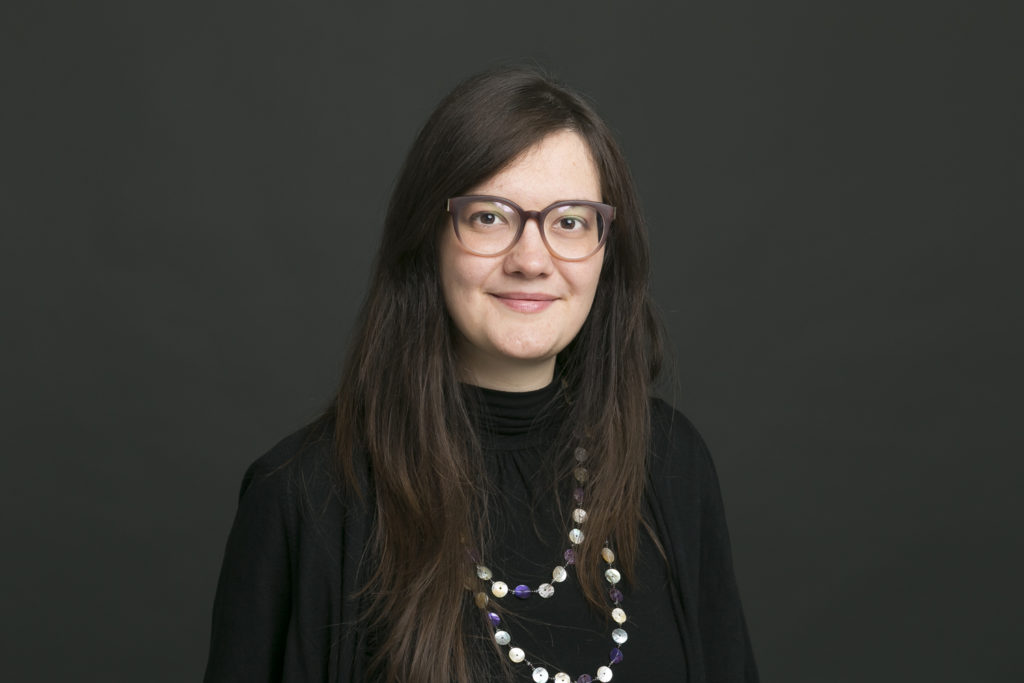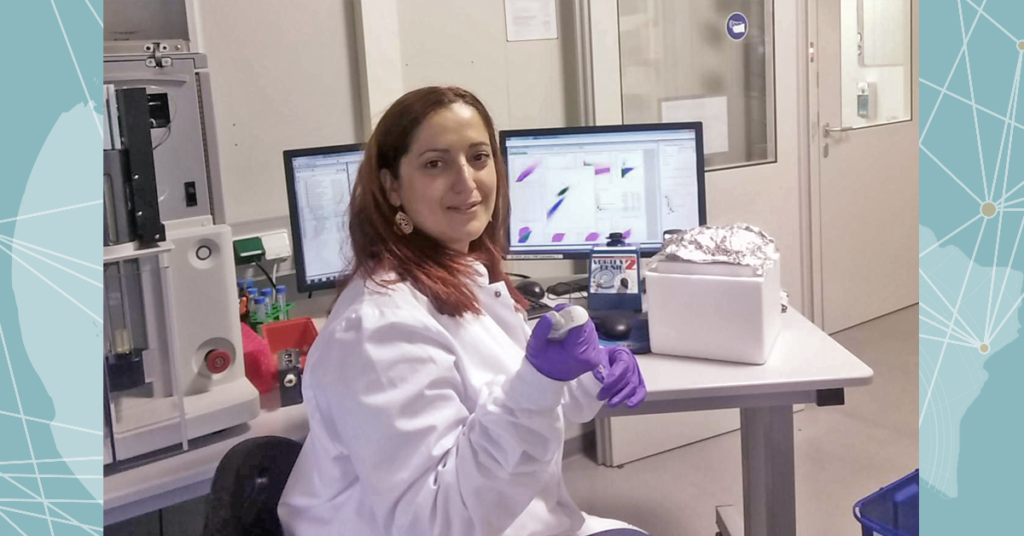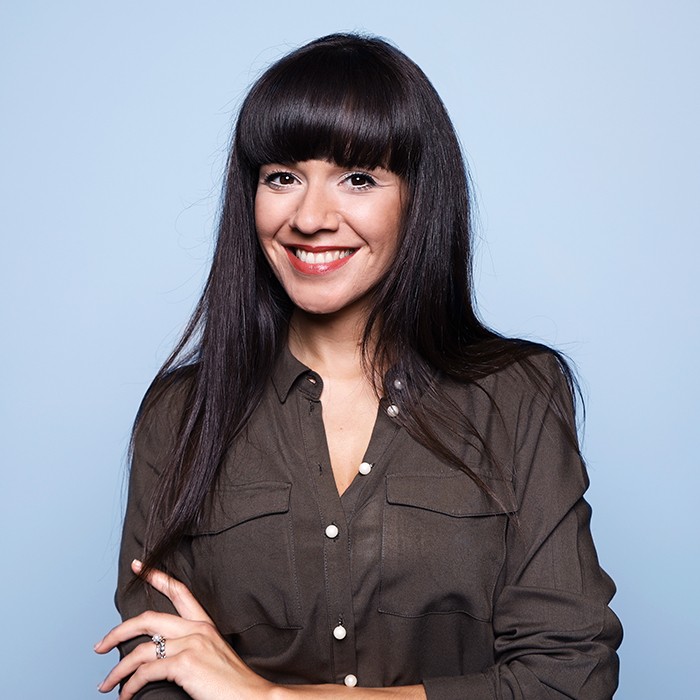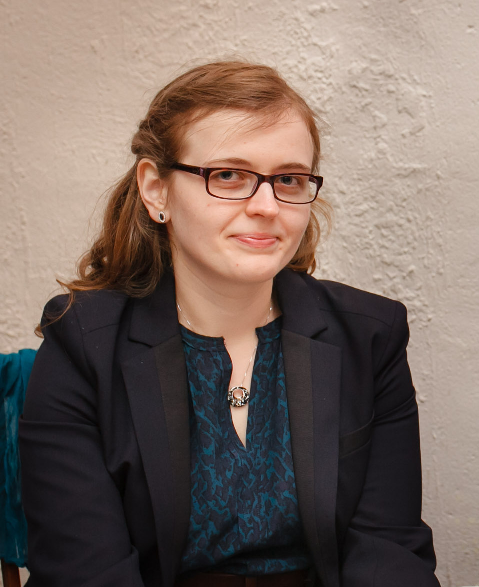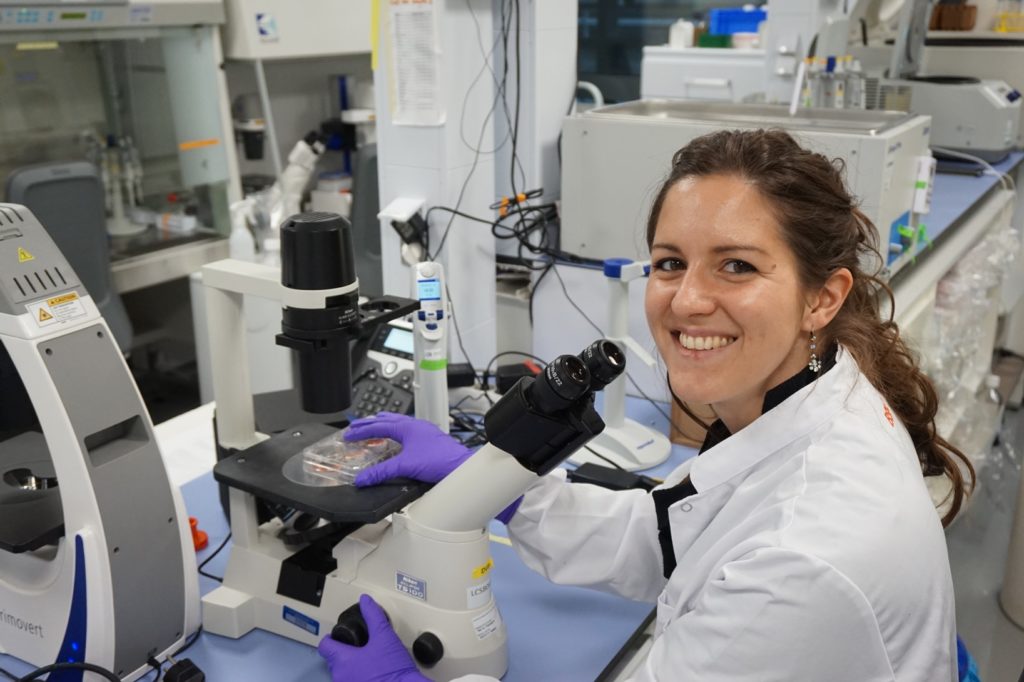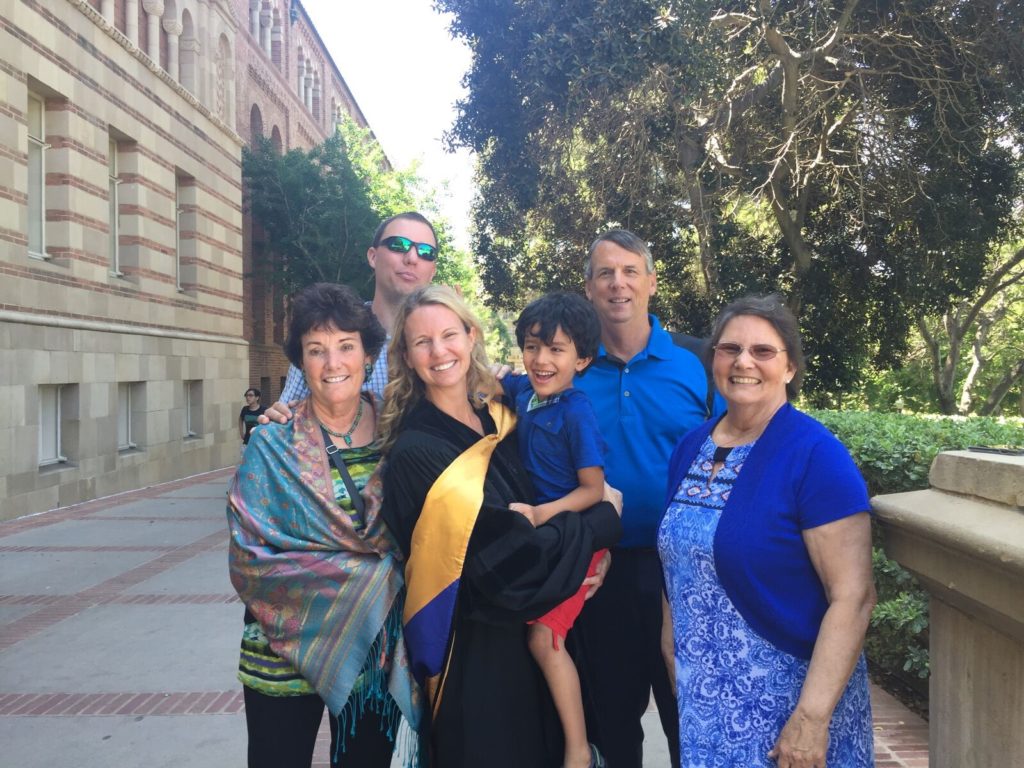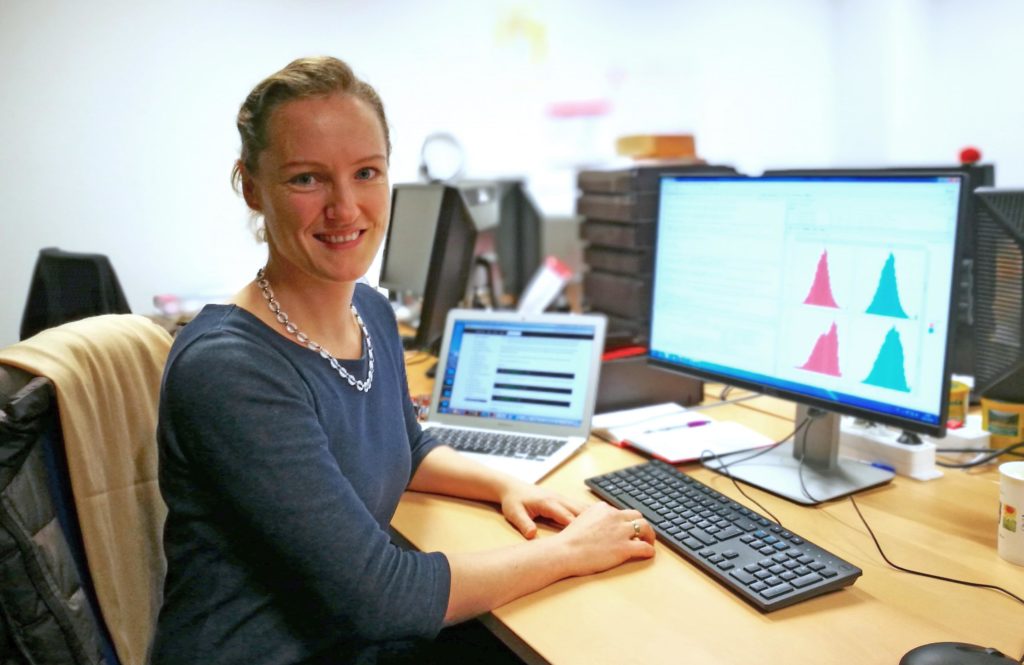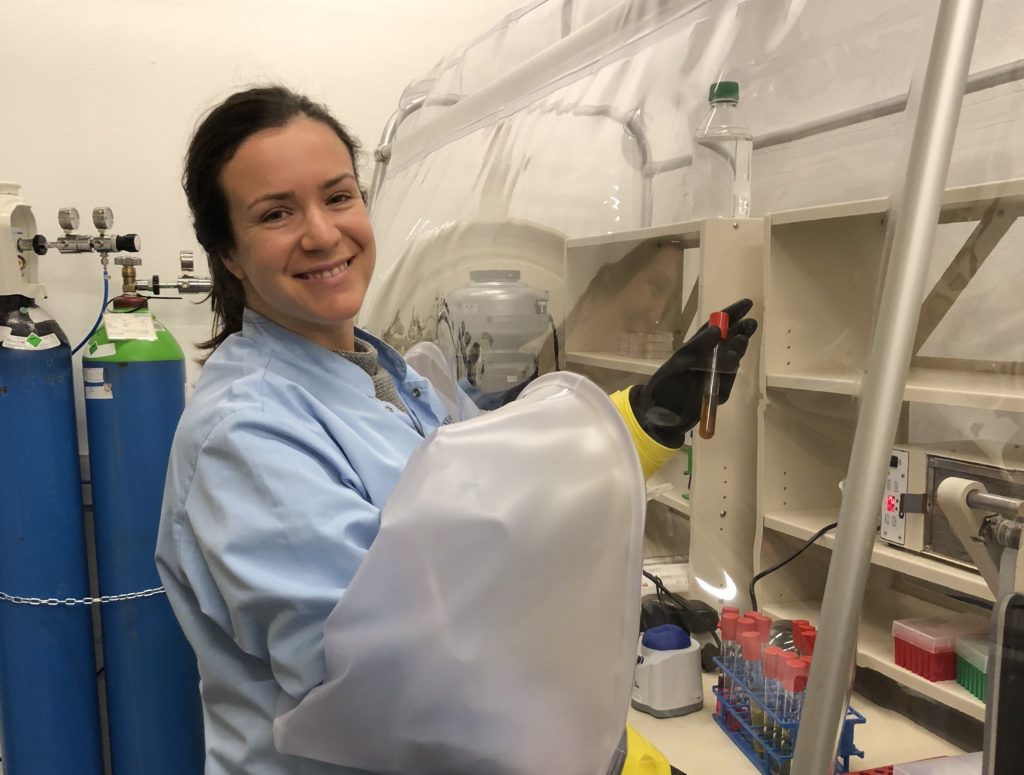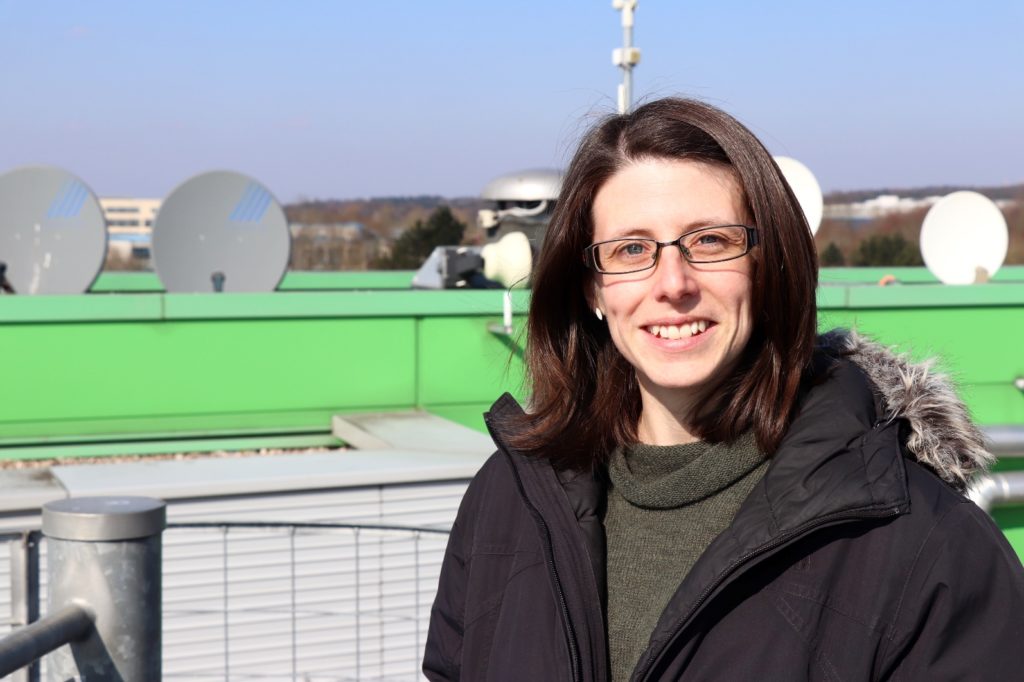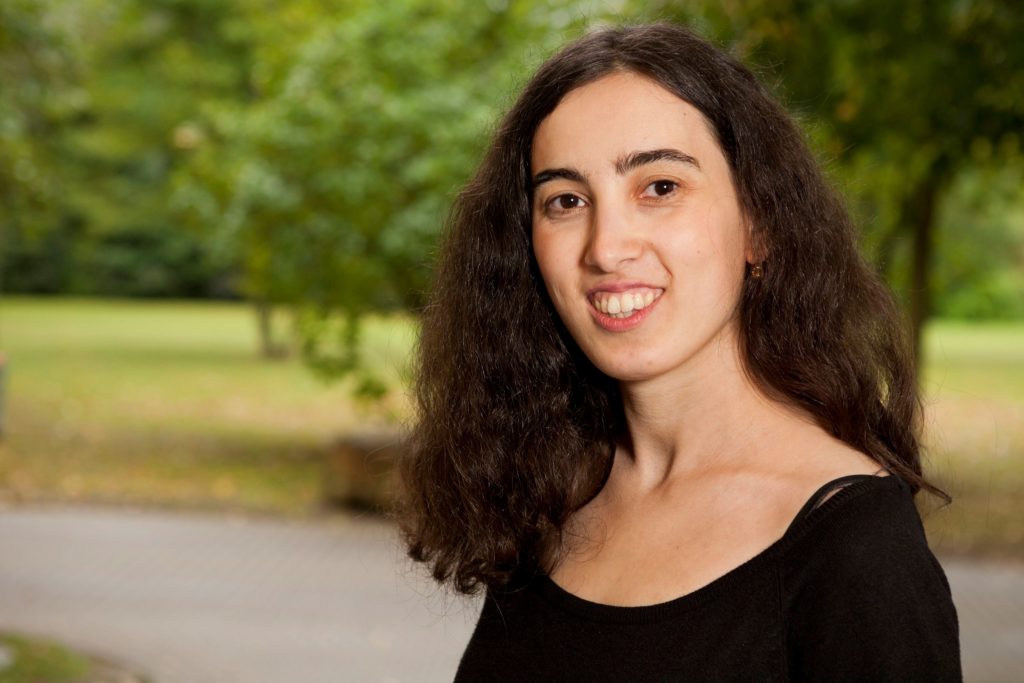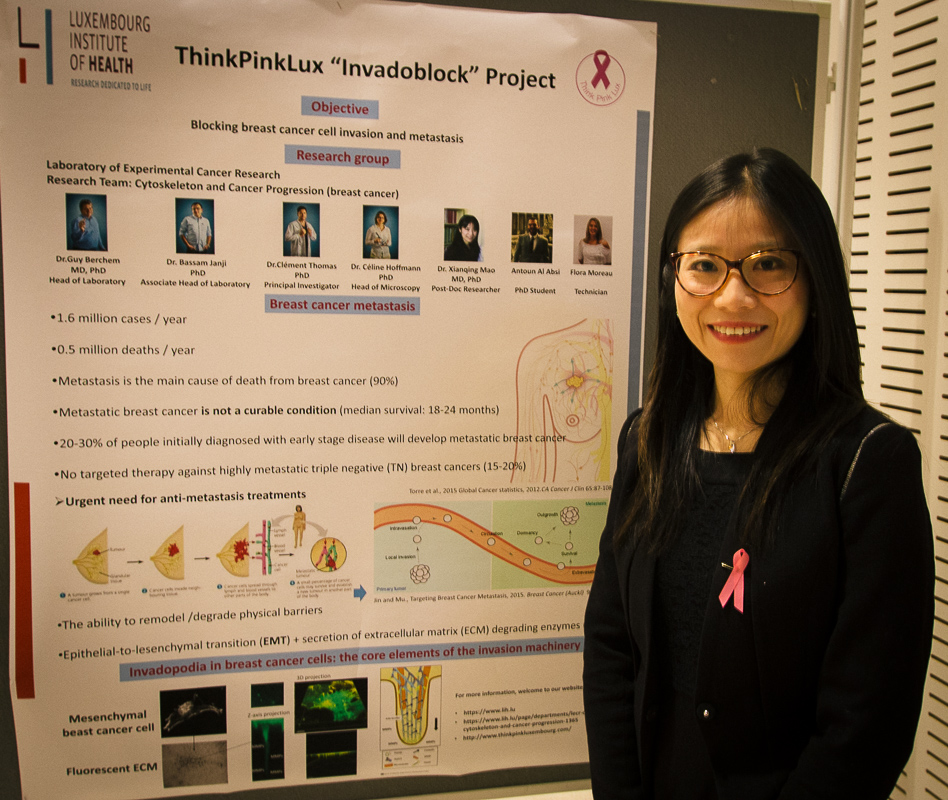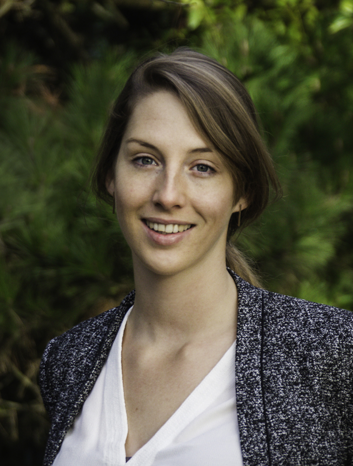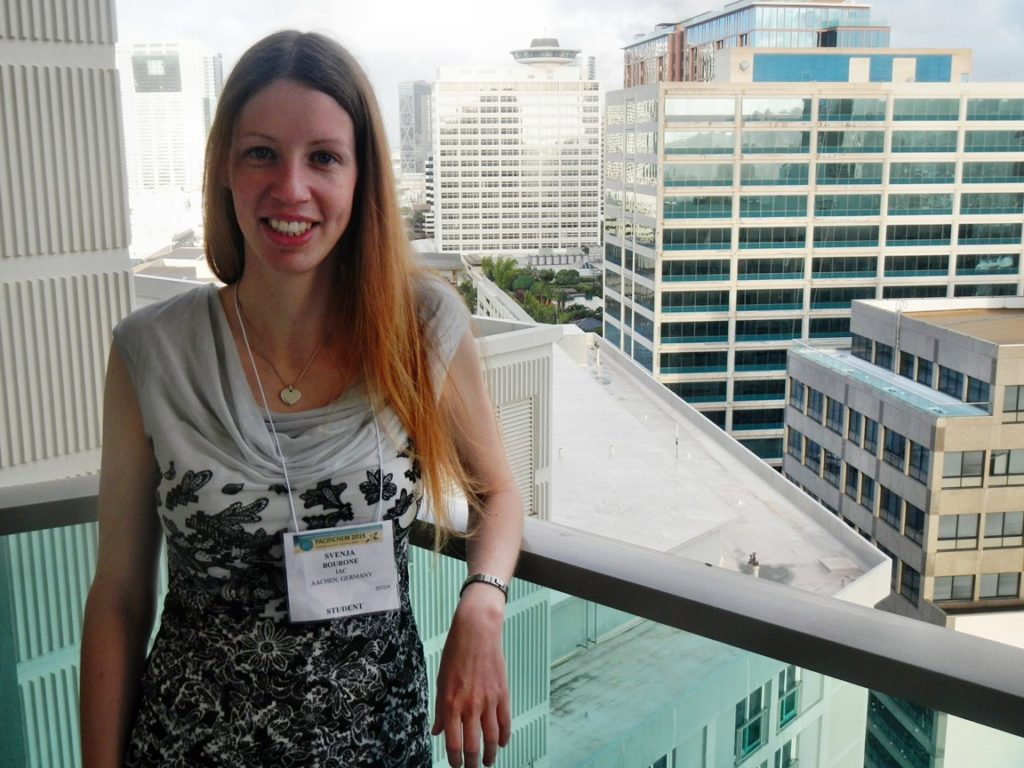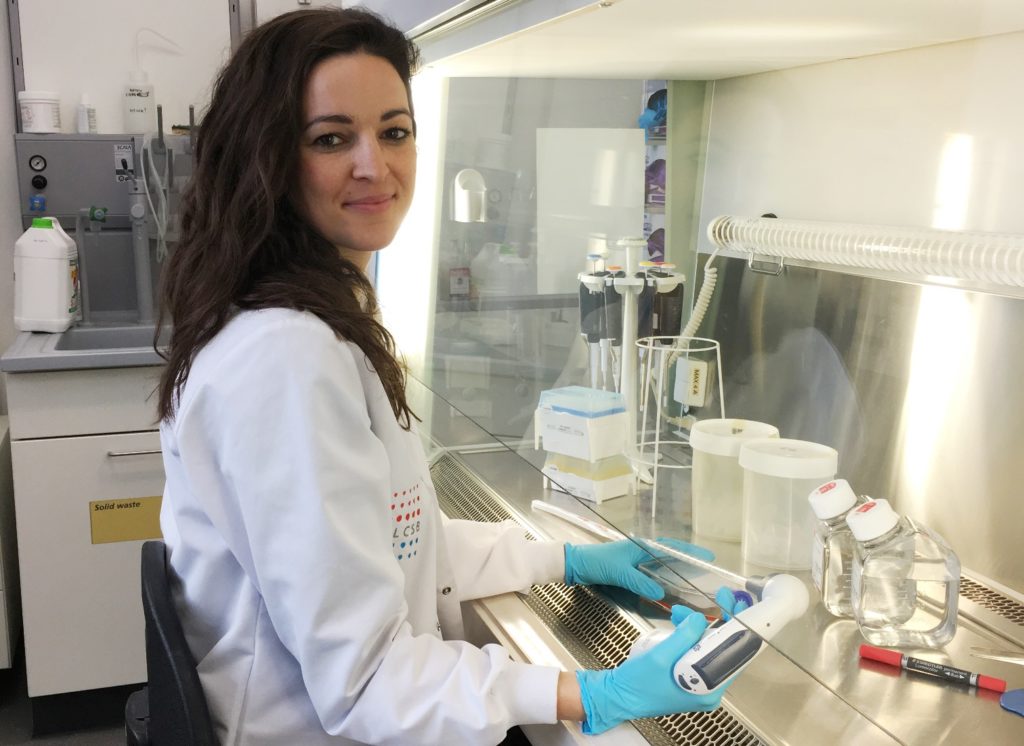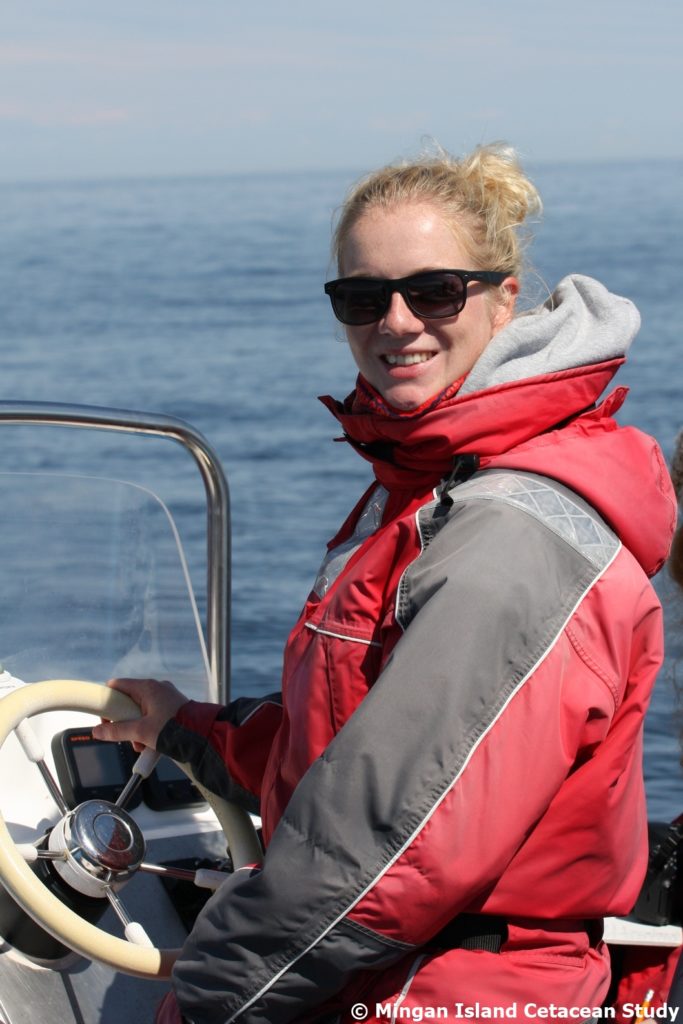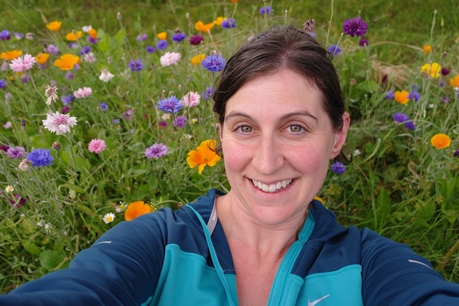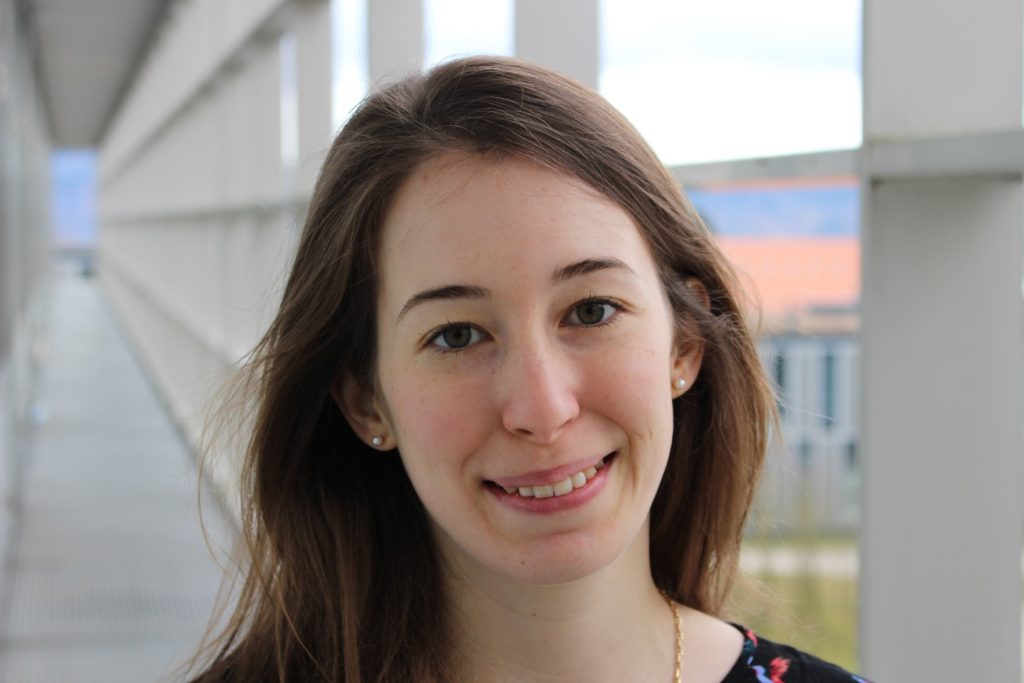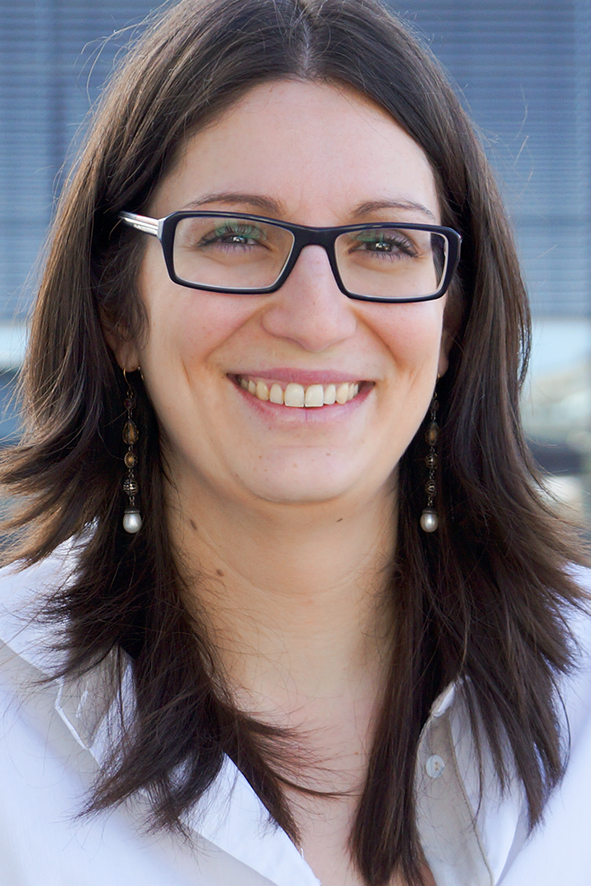Be brave – women in science: Research Luxembourg team players return with season 2 video series in collaboration with the Ministry for Equality (MEGA) in Luxembourg
To showcase the many paths of women in science in Luxembourg, and to inspire young girls to pursue their passion for science, the institutions that form Research Luxembourg are launching a video series, in collaboration with MEGA, the Ministry for Equality in Luxembourg.
Choosing the path of science and research can have many trajectories. To show a glimpse of what different science journeys can look like, we selected 6 women in science in Luxembourg, each representing a different institution, scientific focus, background, and function. From PhD candidates, to science communicators, lab specialists and a professor, the options for a career in science are many.
Each video tells a story about a woman in science in Luxembourg, the path they have chosen and why, as well as their message for young girls interested in science. All videos will be uploaded to this page over the course of 11 February – 8 March.
2023 teaser trailer
WOMEN IN SCIENCE FEATURED IN 2023 SERIES
Thuc Uyen Nguyen-Thi (Research scientist, LISER) | Anne-Marie Hanff (PhD researcher, LIH) | Inmaculada Peral Alonso (Research facilitator, University of Luxembourg) | Cindy Lopes Bento (Head of Science of Science at FNR & Prof at KU Leuven) | Sallam Abualhaija (Research scientist, SnT, University of Luxembourg) | Dimitra Anastasiou (Senior researcher, LIST)
2 March: Dimtra Anastasiou, Luxembourg Institute of Science and Technology (LIST)
“Never stop learning, be curious, ask the right people, and don’t let fear scare you away.”
27 February: Sallam Abualhaija, SnT University of Luxembourg
“To become a scientist, be confident, work hard, and create your own story that will inspire others in the future! ”
23 February: Cindy Lopes Bento, empirical economist (FNR | KU Leuven)
“Do things the way you need them to be for you to thrive in what you feel passionate about.”
20 February: Inma Peral Alonso, Research Facilitator, University of Luxembourg
“I never had a master plan. I have simply followed my heart and my curiosity.”
16 February: Anne-Marie Hanff, from nurse to researcher (LIH)
“Dare to forge your own way! Take your future into your own hands.”
13 February: Thuc Uyen Nguyen-Thi, Research Scientist, LISER
“20 years ago, I could have never imagined the job I am doing today.”
RTL Today Lisa Burke show dedicated to Women in Science
To mark the day, in the lead up to Women’s Day on 8 March, Research Luxembourg will release six videos following six female scientists in various stages of their life’s work.
Anyone who knows me knows I love science. And so it’s a delight to host a show dedicated to the UN’s eighth International Women and Girls in Science Day – 11th February. The theme this year is:
“Innovate. Demonstrate. Elevate. Advance.
I.D.E.A.: Bringing communities Forward for sustainable and equitable development”
Why is it still important to have this conversation and shine a light on women in science? Well, there are many sets of statistics to show that women represent about a third of researchers, and yet only about 12% are members of national science academies. In AI, only one in five professionals are female. There’s a pay gap for female researchers and their career’s tend to be shorter, their work under-represented in high-profile journals and – for whatever reason – fewer women enter managerial positions in science and engineering.
Listen to to the podcast episode featuring:
- Sallam Abualhaija (Research scientist in AI, SnT – featured in the campaign)
- Anne-Marie Hanff (PhD researcher LIH – featured in the campaign)
- Kristel Weinreich (HR, Talent Acquisition LIST)
- Carole Blond-Hanten (Researcher, LISER, Founder of the Gender Game)
- Marc Schiltz CEO of the FNR, representing Research Luxembourg
[RE]DISCOVER SEASON ONE – 2022
2022 Teaser trailer
Michèle Weber, Science Communicator
Djamila Aouada, Assistant Professor in Computer Science
Lorieza Neuberger-Castillo, Microbiome Specialist
Emmanuella Osuebi-lyke, researcher in plant/environmental science
Elisabeth John, Head of Scienteens Lab
Denisa Naidin, PhD researcher economic geography
FNR Highlights featuring Women in Science
- All
- Cancer research
- Environmental & Earth Sciences
- Humanities & Social Sciences
- Information & Communication Technologies
- Law, Economics & Finance
- Life Sciences, Biology & Medicine
- Materials, Physics & Engineering
- Mathematics
- Opinion
- Research meets industry
- Science outreach
- Spotlight on Young Researchers
- Sustainable resource mgmt
- Women in science
March 2, 2023
Choosing the path of science and research can have many trajectories. To show a glimpse of what different science journeys can look like and inspire young girls to follow their passion for science, Research Luxembourg team players and the Ministry of Equality present season 2 of the series Women & Girls in Science: Meet Dimitra Anastasiou from LIST and learn about her love of combining languages and computer science, and the challenge of a relationship when both parties work in research.
February 27, 2023
Meet Sallam Abualhaija who comes “from a distant land where coffee aroma mingles with sand” and learn about her journey fighting social prejudice, stereotypes on her path to becoming a research scientist in artificial intelligence at the SnT at the University of Luxembourg.
February 23, 2023
Meet empirical economist Cindy Lopes Bento, who balances two jobs in two countries – one at FNR as Head of Science of Science, and at KU Leuven as Professor – with family life.
February 20, 2023
Meet Inma Peral Alonso and learn about her journey from being a researcher in physics to research facilitator, career and life coach at the University of Luxembourg.
February 16, 2023
Meet Anne-Marie Hanff, PhD researcher at LIH, and learn about her story and how she transitioned from being a nurse to a researcher at the Luxembourg Institute of Health (LIH).
February 13, 2023
Meet Thuc Uyen Nguyen-Thi, Research Scientist at LISER and learn about her journey from being a girl in Vietnam to a Research Scientist at the Luxembourg Institute of Socio-Economic Research (LISER).
August 8, 2022
Unhealthy lifestyles – unbalanced diet and physical inactivity – are the main factor in the leading cause of death in the world: cardiometabolic disease. Our socioeconomic environment plays a role in these lifestyle choices. Over a 9-year period, researchers are looking at how socio-economic and physical environmental characteristics of residential neighbourhoods shape our physical activity, nutritional behaviour and cardiometabolic health.
July 13, 2022
Online services are designed to offer great user experiences and accommodate our needs. They can also use manipulative design strategies to push us to disclose our personal information, purchase goods and subscriptions or spend an excessive quantity of time on apps and games. Learn about ‘dark patterns’ and an interdisciplinary research effort to free the web from manipulation.
June 16, 2022
Emma Schymanski is a chemist and environmental engineer, who embarked on her FNR ATTRACT Fellowship in 2018. Her husband Stan Schymanski is also an FNR ATTRACT Fellow, making them the first dual career couple to both benefit from this scheme. We spoke to Emma about her group’s detective work to find traces of chemicals in our environment and the associated challenges; her experiences as a woman in STEM; open science, and the experience of setting up your own research group for the first time.
June 13, 2022
An estimated 10% of Parkinson’s Diseases cases are due to genetic factors – in the search for answers as to what could cause the other 90%, research is increasingly finding evidence pointing to environmental factors. To paint a clearer picture of what role chemicals could play in the disease, researchers are for example looking for ‘fingerprints’ of chemicals in biological samples.
May 19, 2022
Over 10,000 Luxembourgish women and men wore German uniforms during WWII in armed forces and civil organisations – many were drafted by the Nazi German authorities – and behind each name is a story waiting to be told. A team of researchers has been working with families in Luxembourg to piece together the personal stories of the war generation in Luxembourg.
April 27, 2022
Research is steadily painting a picture revealing the significance the human gut microbiome plays in health and disease. From gastrointestinal tract disorders to the beginnings and treatment of Parkinson’s disease and beyond, the gut microbiome is a treasure trove of clues for researchers. We speak to three women in science – a biomedical scientist, a microbiologist and a bioscience engineer – about organs-on-chips and restoring an imbalanced microbiome.
April 14, 2022
In nature, we see hyperbolic forms in corals, flatworms, and many other species of reef organisms, such as sponges and kelps. The hyperbolic spaces are also of interest for mathematicians, who are looking to prove the solvability of invariant systems of differential equations in unusual spaces such as these.
April 1, 2022
An estimated 55 million people in the world suffer from dementia, with the number estimated to increase to 78 million by 2030. In Luxembourg, more than 10,000 people suffer from dementia, including patients affected by Alzheimer’s disease and Dementia with Lewy Bodies. These incurable diseases have an increasing socio-economic impact along with the burden on patients and caregivers. One of the approaches researchers are taking is studying microglia, immune cells in the brain.
March 24, 2022
Sustainable capital market investments are expected to reach 53 trillion USD – about 1 in every 3 dollars invested – by 2025. Meanwhile, a much lower level of funds are going directly into climate-related projects, leading to an increasing concern of greenwashing in the market. Researchers are developing science-based tools to measure the environmental impact of financial investment decisions.
March 3, 2022
“You can do whatever you set your mind to! Your unique skillset can produce life-changing innovations, encourage research teams towards exploration, inspire others and help society evolve towards more equality, diversity and openness.”, says Denisa Naidin besides being a PhD researcher in economic geography is also a passionate photographer, trekker, mother and more. Discover more in the final video in the Be brave: Women [& girls] in Science series.
February 28, 2022
“The enthusiasm and understanding for research starts with the youngest members of our society”, says Elisabeth John who after completing her PhD, built up the Scienteens Lab at the University of Luxembourg, which now receives 2,000 young people per year, showing them a possible career path in science, and throw experiments shows them the importance of making fact-based decisions.
February 24, 2022
“You don’t need to have it all figured out. Just take that leap.” The fourth video in the series Be Brave: Women [& girls] in Science is Emmanuella Onyinyechi Osuebi-Iyke, whose curiosity for how plants function led her to a research career in Plant / Environmental Science.
February 21, 2022
“I find joy in doing something that has impact, in creating meaningful technologies and above all in learning and growing with my people. Know that it is important to love what you do, to find joy in what you do. Every little girl is unique. Every girl should follow her purpose and work hard to reach it.” The third video in the series Be Brave: Women [& girls] in Science is Djamila Aouada, Assistant Professor in Computer Vision at the SnT at the University of Luxembourg.
February 17, 2022
Lorieza Neuberger-Castillo, who started her professional career in the Philippines 16 years ago. At the IBBL at LIH, Lorie is responsible for microbiome DNA sequencing and bioinformatics analysis. She is also an avid scuba diver and a mother of two – discover more in the video!
February 14, 2022
Michèle Weber started her career in science with a PhD in immunology and has since pursued a multifaceted career in science communication at the Luxembourg National Research Fund (FNR), where she for example writes and coordinates articles for science.lu on a range of scientific topics.
December 2, 2021
Cemeteries are multifunctional public spaces – funeral services are provided, loved ones are laid to rest – they are ‘sacred’ in the widest sense, but also frequently used as public parks – a diverse mix of people converge on these spaces of shared use. In Luxembourg City’s cemeteries conformity reigns, far from reflecting the diversity of the population. How this affects migrants and minorities is being explored as part of the international project ‘CeMi’, which examines the use and management of cemeteries as important but understudied public spaces.
November 30, 2021
To many, the Middle Ages are synonymous with the term the ‘Dark Ages’ – a time of decline. The term was coined hundreds of years ago by the era referring to itself as the ‘Renaissance’ – a rebirth of norms and standards. There is in fact much more to the complexity of the Middle Ages and historians are working on overcoming these antiquated ideas. For this research, Dr Christa Birkel won a 2021 FNR Award in the category ‘Outstanding PhD Thesis’.
September 30, 2021
Flooding presents a major hazard in both rural and urban areas. Luxembourg was also affected by the significant floods that devastated parts of Germany in July 2021. With the goal of predicting areas that will flood, scientists are working on various aspects of flood-mapping using satellite data.
September 13, 2021
Vegetable oil – mainly palm oil – is heavily relied upon in the production of food, cosmetics, and biofuel. The increase in droughts also affects the standard cultivation of palm oil – alternatives are needed. Agricultural scientists are investigating the potential of a new alternative drought-resistant source for the most widely-used kind of vegetable oil.
July 5, 2021
Nobody is untouched by environmental chemical pollution, but most are unaware of how they are exposed, what to, and the possible health consequences. With over 350,000 registered chemicals in use, an important first step towards assessing their environmental impacts is to make chemical information more machine-readable and open. Environmental Cheminformatics is on the case.
June 22, 2021
Melanoma is a rare type of skin cancer, but it is the deadliest type – and incidence is on the rise. Metastatic melanoma has seen a rapid emergence in drug resistance: After a few months, treatment stops working and tumours begin to grow again. Molecular biologists are working to understand why this happens.
June 10, 2021
A rapid increase in both life expectancy and global population size has led to a rise in the prevalence of chronic ageing-associated diseases. Brain and heart age-associated diseases including hypertension, stroke, heart failure, Alzheimer’s and Parkinson’s diseases are leading causes of mortality and disability worldwide. Researchers are working on much-needed ways to predict these diseases.
April 28, 2021
In the last decades, how research is conducted has been profoundly changed by ICT, and there has also been a shift from the ‘sole genius’ towards teamwork and especially interdisciplinarity: Today, millions of researchers worldwide collaborate across organisational, disciplinary, and cultural boundaries, extending the possibilities of new scientific discovery. This, and the associated data, has paved the way for the scientific field Science of Science, where one key question is understanding exactly how scientific quality is fostered by research collaboration.
April 14, 2021
Using solar absorbers for collection and storage of heat from the sun is an environmentally friendly way to generate heat, yet only 16% of heating is generated from renewable energy. Material scientists are looking for ways to boost this number by making the solar absorber coatings more efficient.
March 25, 2021
Neurogenerative diseases and cancer affect millions of people worldwide, especially people over 60. While advances in diagnosis and treatment have been made, there are still many open questions on the path to better treatment and earlier diagnosis. Translational neuroscientist Pauline Mencke studies a gene that is involved both in Parkinson’s disease and the brain cancer Glioblastoma multiforme.
March 18, 2021
Digitisation has had a significant impact on humanities research: not only has it changed how many scholars conduct their research, it has also led to completely new fields of research, such as digital humanities, a highly interdisciplinary science. Linguist Lorella Viola is interested in how software can enable critical digital humanities practice.
March 11, 2021
Many of the things we furnish our homes and office with emit gases that we are oblivious to inhaling. As eliminating these items from our lives is unrealistic, science wants to understand that which we cannot eliminate, thus more effective sensors are needed. Material scientist Rutuja Bhusari combines materials at nanoscale to create a gas sensor powered by nature.
March 2, 2021
Can we predict the likelihood of a hazelnut tree becoming sick? Or what quality defects, and in what percentage, will be present in the final harvest? Science could soon make this possible, thanks to a hazelnut quality forecasting system based on a combination of machine learning and simulation models.
February 24, 2021
The digital transition of society over the last decades has brought with it a wealth of data about research – on funding, scientific outputs, collaborations, mobility, career trajectories and much more. Simultaneously, a new branch of science has emerged: the Science of Science. An interdisciplinary topic by nature, the field of research can be approached from many perspectives. We introduce the topic from the perspective of a funder, an economist, and a sociologist.
February 11, 2021
How does public research in Luxembourg measure up in terms of gender balance? What is being done to support and inspire a new generation of women in science? We delve into the situation in the Grand Duchy.
November 11, 2020
PEARL grantee Prof. Conchita D’Ambrosio has developed new methods to paint a detailed picture of social inequality.
July 9, 2020
At KU Leuven, Luxembourg national Jill Kries is part of a research team driven by understanding how cognition and brain structure develop over time in language-related disorders and how this knowledge can be applied in a clinical or educational setting. We take a closer look at the work of the young team.
June 26, 2020
While solar panels appear on more and more rooftops, researchers are still developing ways to boost their efficiency. As part of her PhD at the Luxembourg Institute of Science and Technology (LIST), Indian national Hameeda Jagalur Basheer is developing alternative materials that can help capture the sunlight better and improve efficiency of solar panels.
June 5, 2020
As part of her Industrial Fellowship – a collaboration between the University of Luxembourg and company Husky – PhD candidate Yamila Mariel Omar helps industry to monetize their proprietary data by means of big data analytics. We speak to the Argentinian national who also became a mother during her PhD.
May 14, 2020
Excessive use of fertilisers in agriculture has led to nitrogen pollution, and calls for bio substitutes are getting louder. PhD candidate Bella Tsachidou from Luxembourg Institute of Science and Technology (LIST) gathers scientific evidence on the benefits of biogas residues and their suitability as biofertilisers, while providing support for the modification of nitrogen-policies on European and global level.
April 24, 2020
Eating disorders affect up to 5% of people. At the University of Luxembourg, Dr Annika Lutz and Lynn Erpelding study the brain mechanisms that help form body image, and want to understand how eating disorders develop. Using a multidimensional approach, the team’s ultimate goal is to improve treatment for people suffering from eating disorders, such as anorexia nervosa.
April 16, 2020
Growing up in Botswana and Zimbabwe, Nathasia Mudiwa Muwanigwa did not see science as a career option. Fast forward a few years: Nathasia is studying Parkinson’s disease as part of her PhD at the LCSB at the University of Luxembourg, and has co-founded a STEM initiative that was featured in Forbes.
February 27, 2020
Noémie Catherine Engel has just begun her researcher journey – and she has found her niche already: As part of her AFR PhD at the University of Bath, the Luxembourg national investigates the evolution of sex role traits in a small shorebird species in Cape Verde.
October 23, 2019
When Dr. Irina Burlacu completed her AFR PhD thesis on the tax and benefit system for cross border workers in Belgium and Luxembourg, she asked herself: Now that I have spent years on this research, how can I best communicate it? The answer: translating the research outcome into a board game combining income and tax levels from 41 countries with country knowledge – ‘Mobility Era: Play Your Taxes!’.
September 27, 2019
For each Lindau Nobel Laureate Meeting, the FNR runs a Call for promising young researchers with a connection to Luxembourg to attend. For the 2019 Lindau Meeting, dedicated to physics, Hannah Rana, PhD candidate in Space Cryogenics at Oxford University had this rare opportunity. Hannah shares her highlights – from speaking to all 39 Nobel Laureates in attendance, including Donna Strickland; realising the importance of science communication; feeling inspired, and much more.
July 22, 2019
Splitting her time between the Luxembourg Institute of Science and Technology (LIST) and company LuxSpace as part of an Industrial Fellowship, Postdoc Ramona Pelich uses data from earth observation satellites to improve maritime surveillance and flood hazard monitoring.
July 12, 2019
Are creative people better at regulating emotions, and are there cultural differences? This is one of the questions Henderika (Herie) de Vries wants to answer. Having already discovered that cultural differences impact the creative potential of children, the Dutch-Luxembourgish national hopes to understand more aspects of how our cultural circumstances can influence our capacity for creative thinking.
June 27, 2019
In school, we are taught three states of matter: solid, liquid and gas. The focus of University of Luxembourg PhD candidate Anjali Sharma’s research lies between solid and liquid: liquid crystal. She studies them in unusual shapes that are no larger than the width of a human hair, yet they are considered as large by the scientists of the field. As part of her research, the Indian national got an opportunity for a rare experiment: Taking her research into a zero gravity environment.
June 14, 2019
Divya Balakrishnan, Dipti Rani and Serena Rollo are women in science working in a field that could have a major impact on how health is managed: In the group of FNR ATTRACT Fellow César Pascual García at the Luxembourg Institute of Science and Technology (LIST), the team works on developing sensors for biochemical applications focusing on medicine.
May 24, 2019
Sparked by a collection of over 2,000 images, two projects led by Prof Karin Priem from the Luxembourg Centre for Contemporary and Digital History (C²DH) reflect on the industrial heritage and societal impact of major Luxembourg-based steel and iron producing company ARBED, examining the social and educational initiatives of the company and how it helped shape Luxembourg’s national and international identity in a time of industrialisation.
May 15, 2019
Silvia Girardi is a sociologist with an interest in studying policies that aim to contrast poverty. As part of her joint PhD at Luxembourg Institute of Socio-Economic Research (LISER) and KU Leuven, the Italian national looks at the social policies that support low-income households in Luxembourg, taking the perspectives of the citizens on the receiving end, and the social workers involved in implementation.
May 8, 2019
Why can our bodies defend itself against some diseases but not others? This is something Carole Lara Veiga de Sousa has always been eager to understand. In the framework of her PhD at the Luxembourg Centre for Systems Biomedicine (LCSB) and Luxembourg Institute of Health (LIH), the Portuguese national took at closer look at the microglial cells – immune cells in the central nervous system – and what impact they have on the brain’s ability to fend of infections.
March 4, 2019
Economist Prof Conchita d’Ambrosio has been FNR PEARL Chair at the University of Luxembourg since 2013, where she leads a team of scientists investigating how different factors determine individual and social well-being.
July 17, 2018
An interplay of people connected via Parkinson’s disease and mitochondria led Prof Dr Anne Grünewald to Luxembourg, where she started her FNR ATTRACT Fellowship at the LCSB at the University of Luxembourg in 2016. We spoke to the German national about how she fell in love with mitochondria; the importance of team spirit; interdisciplinarity and what it was like to be a full-time PI with a new-born at home and a husband abroad.
July 3, 2018
After completing her master’s degree, Luxembourg national Dominique Santana decided to spend time in her mother’s birth country Brazil. While there, she became intrigued by Brazil’s communities of Luxembourgish nationals and wanted to investigate further. Now in the first year of her AFR PhD at the C²DH at the University of Luxembourg, Dominique is examining the paths of Luxembourgers who emigrated to Brazil from 1920 – 1965, which has already rekindled old friendships.
June 8, 2018
Ramona Pelich uses data from satellites in space to improve maritime surveillance and flood hazard monitoring. Splitting her time between the Luxembourg Institute of Science and Technology (LIST) and the company LuxSpace as part of her AFR-PPP Postdoc, the Romanian national’s work has already found direct application when flood maps she co-developed were used in the aftermath of destructive 2017 hurricanes Harvey and Irma.
May 23, 2018
Anna Monzel cites her thirst for new knowledge and discoveries as a key contributor in her choosing to follow the path of science. Drawn to Luxembourg because of its interdisciplinary approach, the German national developed a 3D model of the human midbrain for her PhD at the LCSB at the University of Luxembourg – which earned her a Lush Young Researcher Prize.
May 8, 2018
Laurie Maldonado’s research focuses on single-parent families. After suddenly becoming a single parent herself, she experienced first-hand how quickly single-parent families can fall into poverty in the United States, not knowing if she could continue her research. Then Laurie secured an AFR PhD grant, conducting her research at the LIS Cross-National Data Center in Luxembourg and at UCLA. A few years and a successful PhD defence later, we talked with Laurie about her journey and her close-to-home research.
April 24, 2018
When Katharina Baum was a teenager, her mother took her to a presentation about the Human Genome Project. Fascinated, she stood up and asked what she would have to do to be able to study genes. Some years and a degree in mathematics later, the German national and mother of two children now splits her time between Luxembourg and Berlin as part of her two postdocs. In her work at the Luxembourg Institute of Health, Katharina combines computer science, maths and biology to identify faulty regulatory mechanisms in cancerous cells.
April 23, 2018
Almost half of the 5,000 children to start pre-school in Luxembourg each year struggle to learn to read, failing to reach the minimum national reading standard by age nine, with 10 percent going on to develop severe reading difficulties. In an innovative approach to help the children before they fail, a University of Luxembourg team led by psychologist Dr Pascale Engel de Abreu has developed the pre-literacy programme ‘LALA – Lauter lëschteg Lauter’, tested with over 200 preschool children and showing positive results.
April 10, 2018
During her Master’s studies, Amy Parrish found her passion for research with a clinical aspect. Having come from London to Luxembourg to pursue her AFR PhD at the Luxembourg Institute of Health (LIH) in the research group of Mahesh Desai, the American national studies the bacteria that inhabit our gut, to shed light on the development of diseases such as Inflammatory Bowel Disease (IBD).
March 29, 2018
As part of a new series, the FNR speaks to five experts about research trends in their domain. Deep learning has allowed scientists to make computers function in a way much closer to how humans think than ever before: Djamila Aouada from the SnT at the University of Luxembourg explains how deep learning works, and her efforts to make it 3D capable.
March 27, 2018
Eva Lagunas has always been curious about technology, even building her own makeshift smartphone when she was a child. A couple of degrees later, the Spanish national set her sights on coming to Luxembourg, family in tow, to take up a Postdoc position at the University of Luxembourg’s Interdisciplinary Centre for Security, Reliability and Trust (SnT). Now, she feels lucky to spend her time researching satellite communications in the 5G era.
March 13, 2018
Maria Pires Pacheco is a problem solver with a fondness for coding, who was always drawn to the scientist in a group of heroes, rather than the classic hero. During her AFR PhD, the Luxembourg national worked on building tools that help simulate the metabolism of a cell, tools she applied to cancer research during her postdoc.
March 8, 2018
As part of a new series, the FNR speaks to five experts about research trends in their domain. A key research question for solar cell scientists is how to make the cells more efficient. Prof Dr Susanne Siebentritt from the University of Luxembourg explains how thin-film tandem solar cells could play a role in the solution.
March 8, 2018
Prof Ines Thiele was still in high school when she fell in love with genetics, soon followed by a passion for systems biology and especially programming. After research stays in the US and Iceland, she came to Luxembourg where she and her team work on a virtual representation of human metabolism. We spoke to the German national and ERC grantee about how she considers science a hobby, how she juggles family and career, and her goals.
February 6, 2018
Led by Dr Valérie Maquil, a team of researchers at LIST have developed a programmable micro-controller called ‘Kniwwelino®’, entirely designed for children from fundamental schools and “maisons relais” in Luxembourg. The micro-controller is not only a big success with children, but also introduces them to what will likely become a fundamental skill in the future: programming.
September 20, 2017
What can be done do increase the share of women in STEM careers, and why is there such a disparity? In this opinion piece, FNR Secretary General Marc Schiltz delves into the issue of gender inequality in science and research and explains a cultural shift is needed.
August 10, 2017
Xianqing Mao comes from a family of professors and doctors and thus has always had a natural interest in science. The Chinese national completed a medical degree, but felt she still had unanswered questions, so she decided to go abroad and took a leap into biomedical research. After stays in France, the UK, the United States and Belgium, Xianqing is now transitioning from junior to senior researcher at the Luxembourg Institute of Health, where she has already been involved in several projects investigating cancer progression.
July 18, 2017
Ulrike Kohl, who heads up the ATTRACT programme, spoke to Ines Thiele and Anne Grünewald – the only female FNR ATTRACT Fellows – about the challenges they faced, and what they think can be done to make the programme more attractive to women, such as offering more support for spouses/partners also working in research.
July 18, 2017
In early 2017, the FNR helped organise an exhibition and colloquium surrounding the topic of ‘WiSE Women’ – women in science and engineering in Luxembourg. Following the colloquium, a report has now been compiled summarising the key issues and recommendations surrounding gender balance in research in Luxembourg. The FNR’s Michele Weber explains the situation, and what the FNR can do to improve it.
July 5, 2017
Isabel Z. Martínez has been interested in how policies are put in place and how they affect people’s lives for as long as she can remember. After completing her Masters in Economics, she realised that academia was the ideal way to quench her thirst for analysing large data sets and finding answers to questions addressing people’s well-being and policy decisions. The Swiss-Spanish national has been studying income and wealth inequality in Switzerland for years and has now come to Luxembourg as a Postdoc at LISER to expand her research to the Grand Duchy. We spoke to Isabel about life as a research economist, and how it has already enabled her to travel across the globe, as well as work with some of the foremost researchers in her field.
June 14, 2017
Svenja Bourone is a chemist who has always had a fascination for natural sciences. During her master studies at RWTH Aachen, she became captivated by functional nanomaterials and as chance would have it, a doctoral position opened up in just that field. During her AFR PhD, Svenja developed a new protocol to help with the synthesisation of gold nanoparticles, which she is now putting to use in her work as a Postdoc. The Luxembourg national has a strong desire to return home to the Grand Duchy to continue her work on nanomaterials.
June 8, 2017
Kacy Greenhalgh has always had an affectation for medicine and health, and how health can be influenced by dietary habits. During her Master studies, the Luxembourg-American national was introduced to FNR ATTRACT Fellow Paul Wilmes and the ‘gut on a chip’, HuMiX. Fascinated by its potential, and how it could be used to study the relation between diet and health, Kacy’s curiosity led her straight to an AFR PhD at the LCSB at the University of Luxembourg.
May 23, 2017
Surveillance cameras have become a permanent feature in our daily routine. In order to improve the resolution of the acquired images and the results from their automatic analysis, complicated and expensive cameras have always been required until now – More affordable cameras are still limited with regards to automatic detection of flexible and dynamic non-rigid movements.
April 27, 2017
In high school, Anna Schleimer thought everything there was to know in science was already known. When she discovered how many unanswered questions there still are, curiosity drove her to become a researcher. The Luxembourg national is now in the 1st year of her AFR PhD, in what is not your most common topic: As a marine biologist, Anna studies fin whales as part of her joint PhD at University of Groningen and University of St Andrews.
March 29, 2017
Anna Scaini’s appetite for becoming a researcher was stirred at University, stemming from a desire to ‘save’ the last natural river in Europe, which runs close to her home town and causes dangerous local flooding. The Italian national is taking the first step towards pursuing her goal as she prepares to complete her PhD thesis in Hydrology at the Luxembourg Institute of Science and Technology (LIST).
March 15, 2017
Nina Hentzen, an organic chemist working on the chemical synthesis of collagen, is fascinated by research at the interface of chemistry and biology. The Luxembourg national is in the second year of her AFR PhD at ETH Zürich – and has just been selected to attend the renowned 2017 Lindau Nobel Laureate Meeting.
January 29, 2017
Early in 2017, a small exhibition in Luxembourg City highlighted a selection of ‘WiSE – Women in Science and Engineering’. Here we introduce one of the featured scientists, LIH’s Simone Niclou, oncologist and coordinator of CANBIO, one of the 11 Doctoral Training Units funded through the FNR’s PRIDE programme.
January 28, 2017
In early 2017, a small exhibition in Luxembourg City highlighted a selection of ‘WiSE – Women in Science and Engineering’. Here we introduce FNR Award winner Pascale Engel de Abreu, a Psychologist who studies cognitive development of multilingual children at the University of Luxembourg and is featured in the exhibition.
January 21, 2017
In early 2017, a small exhibition in Luxembourg City highlighted a selection of ‘WiSE – Women in Science and Engineering’. Here we introduce featured scientist Professor Mahulena Hofmann, SES Chair in Satellite Communications and Media Law at the University of Luxembourg.
January 21, 2017
In early 2017, a small exhibition in Luxembourg City highlighted a selection of ‘WiSE – Women in Science and Engineering’. Here we introduce FNR PEARL Chair Conchita D’Ambrosio, economics Professor at the University of Luxembourg, who is also featured in the exhibition.
January 2, 2017
How do eating disorders develop? And how can they be researched? We spoke to psychologist Annika Lutz about the current research into a widespread problem.
December 20, 2016
A research team at the Luxembourg Centre for Systems Biomedicine (LCSB) of the University of Luxembourg has taken an important step in modelling the complexity of the human gut’s bacterial communities – the microbiome – on the computer. The project, published in Nature Biotechnology, is an example of a study supported by multiple FNR instruments, namely AFR, ATTRACT, CORE and PoC.
December 15, 2016
If there is one country in the world that can call itself multicultural, it must be Luxembourg. Dr Elke Murdock from the University of Luxembourg has been studying the ‘natural multicultural laboratory’ Luxembourg since 2010 and has just published a book focusing on the varying experiences of culture contact in this multicultural context.
December 2, 2016
In 2015, Dimitra Anastasiou was featured in our campaign ‘Spotlight on Young Researchers’, which highlighted early-career researchers with a connection to Luxembourg. In November 2015, Dimitra moved to Luxembourg with her young family to start her prestigious Marie Curie Individual Fellowship at the Luxembourg Institute of Science and Technology (LIST). One year on, we caught up with Dimitra!
January 25, 2016
In early 2017, a small exhibition in Luxembourg City highlighted a selection of ‘WiSE – Women in Science and Engineering’. Here we introduce featured researcher Dr Claudine Kirsch, educationalist in languages at the University of Luxembourg and Principal Investigator on a recently-launched project funded by the FNR’s CORE programme.

![Be brave: Women [& girls] in science](https://archive.fnr.lu/wp-content/plugins/revslider/admin/assets/images/transparent.png)










